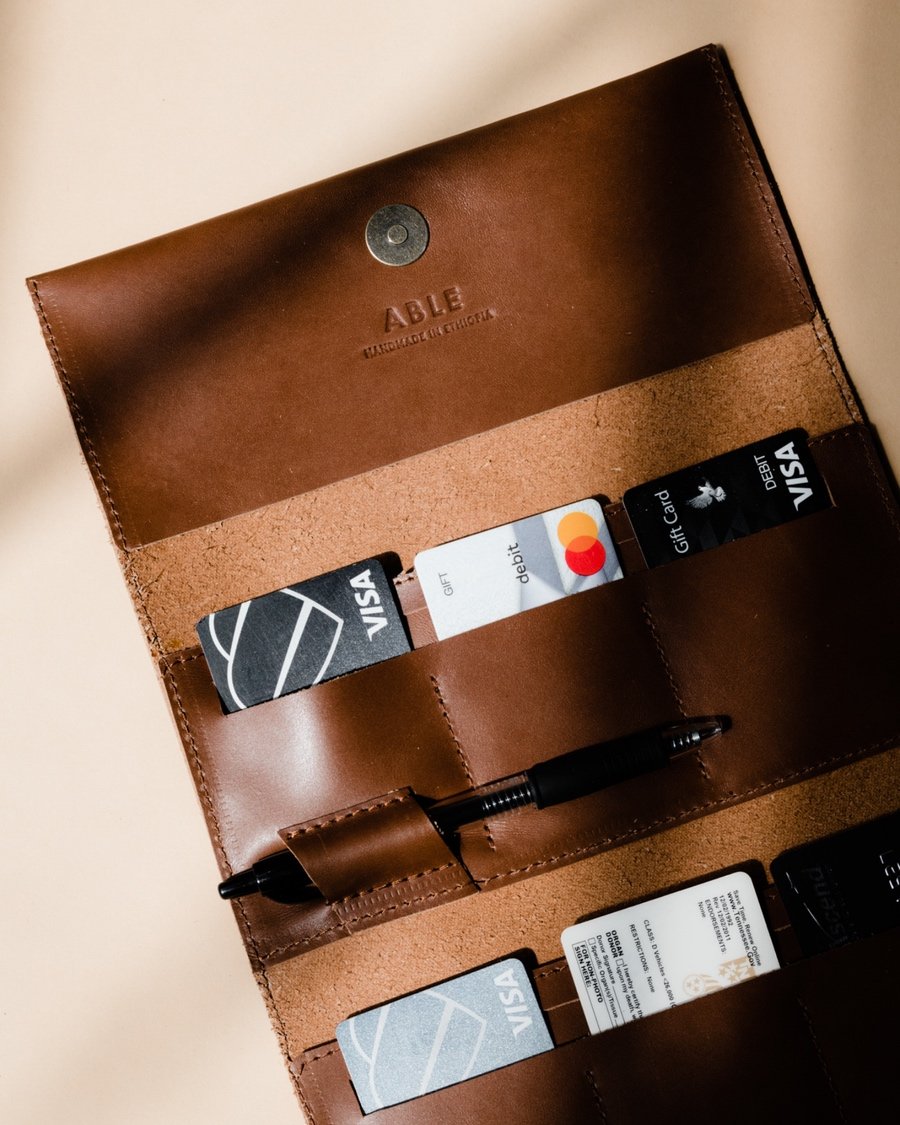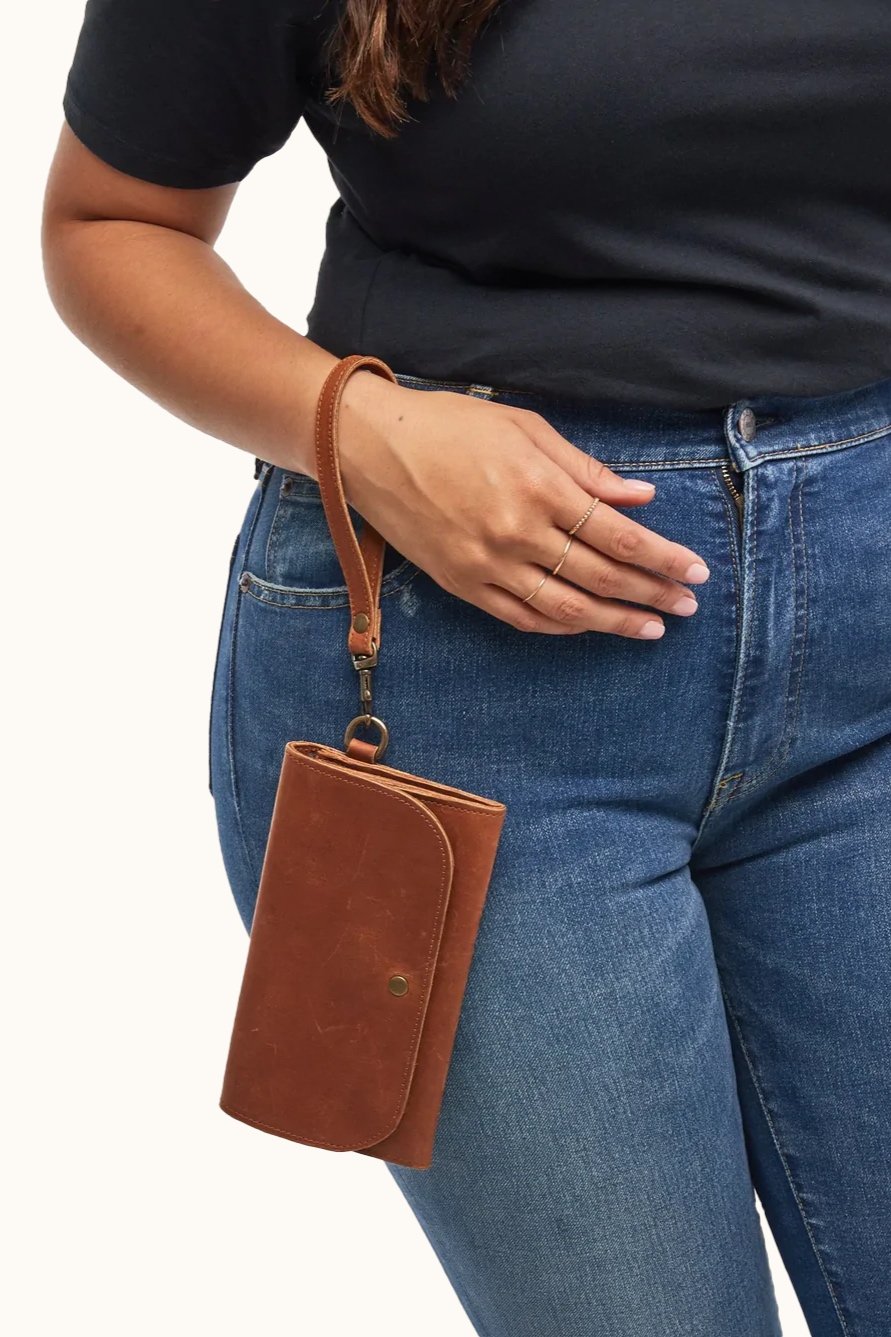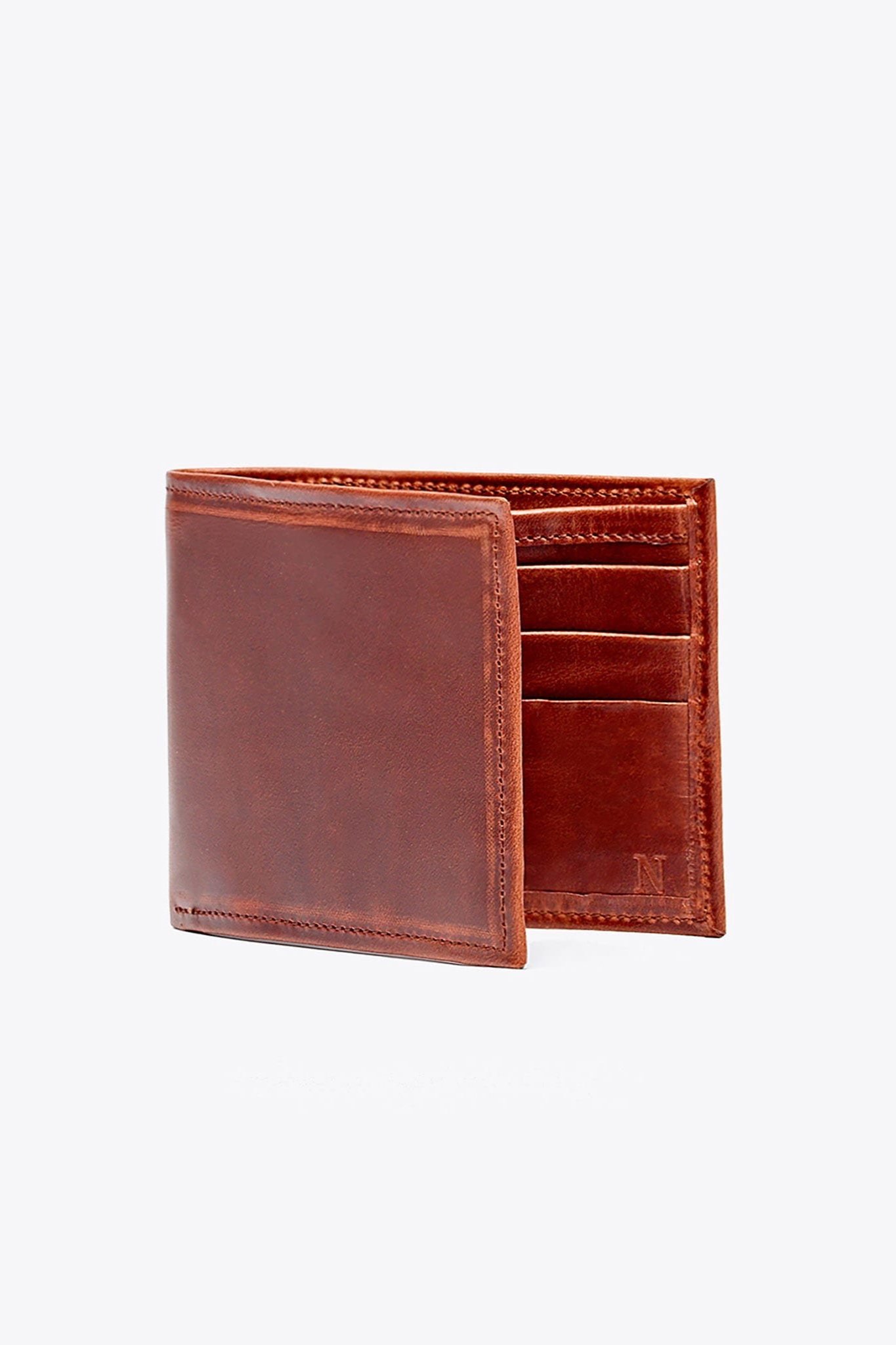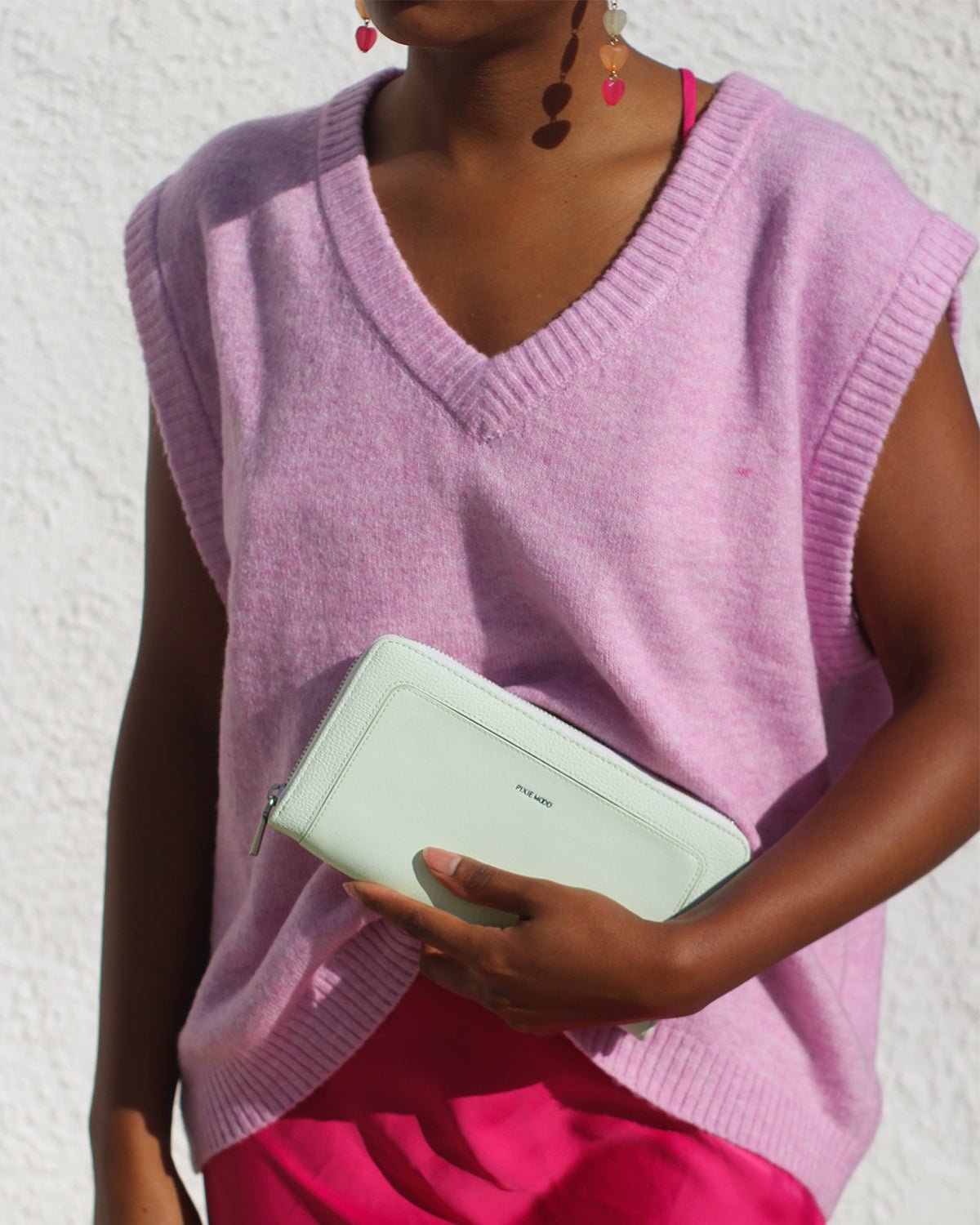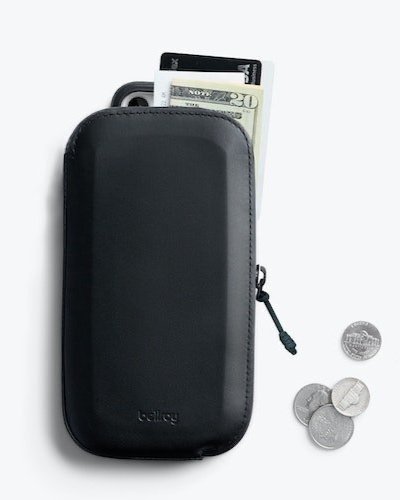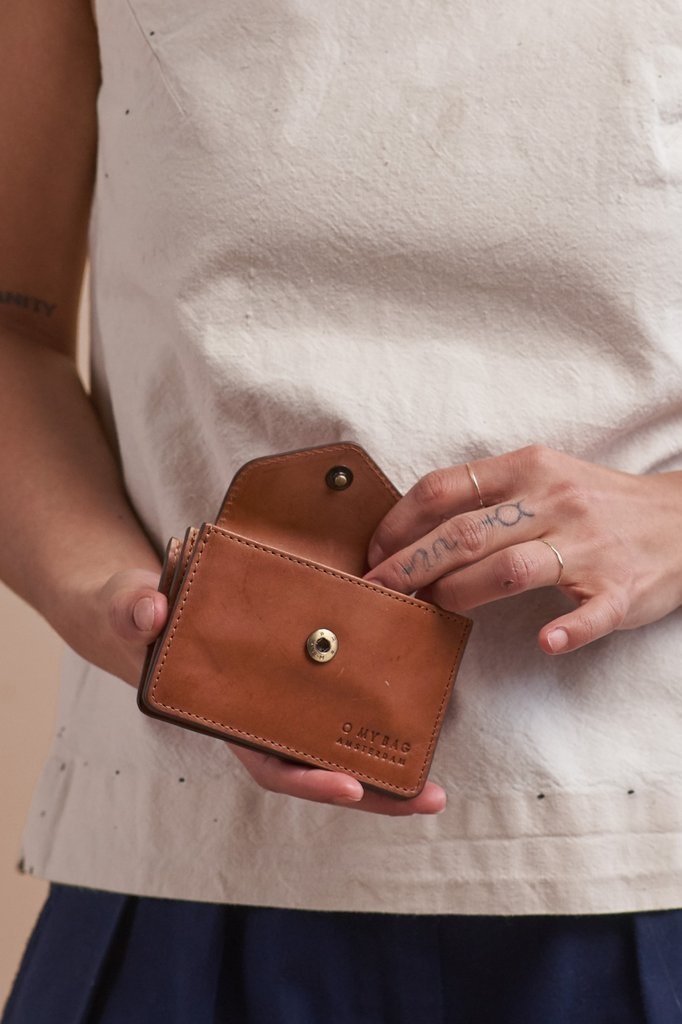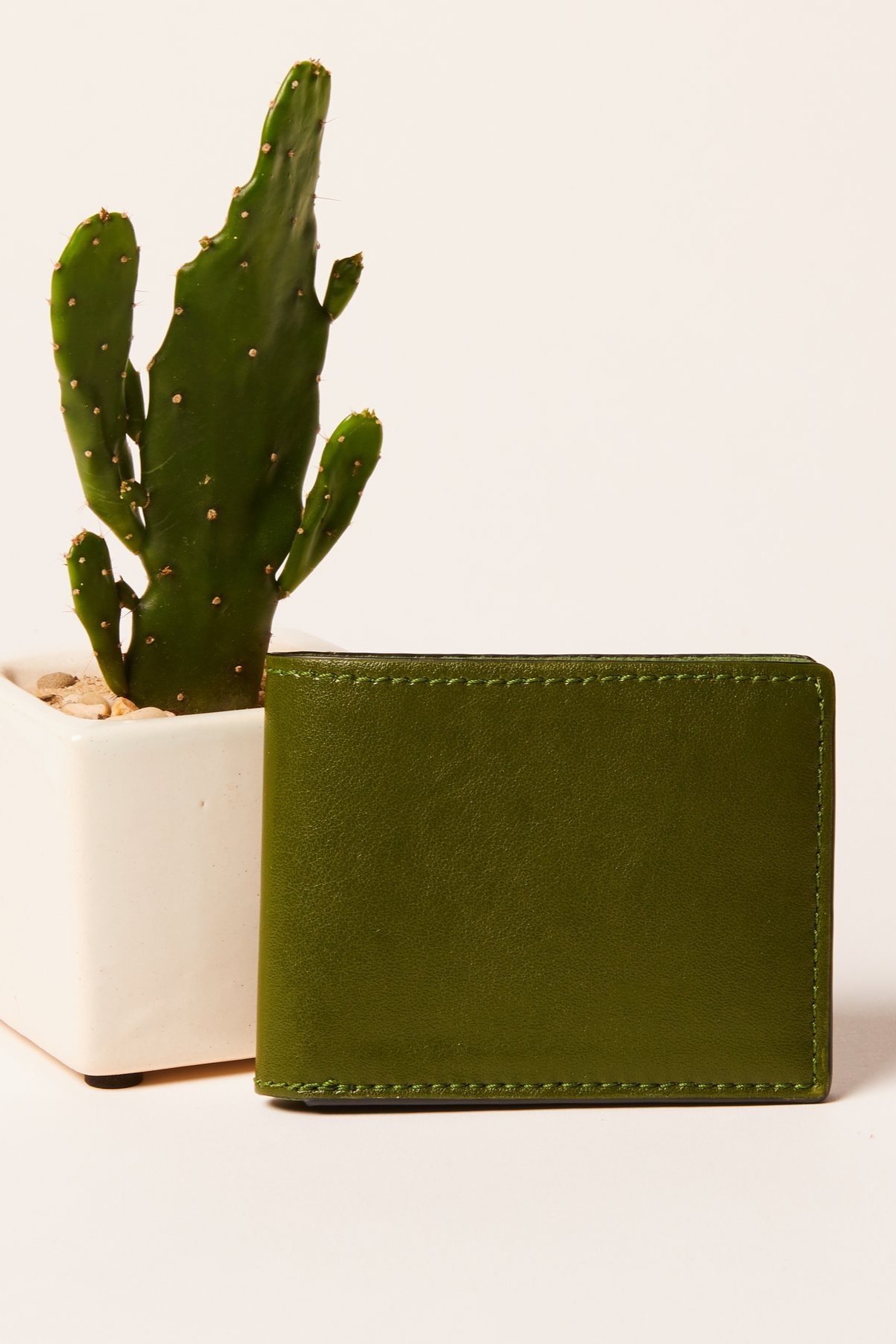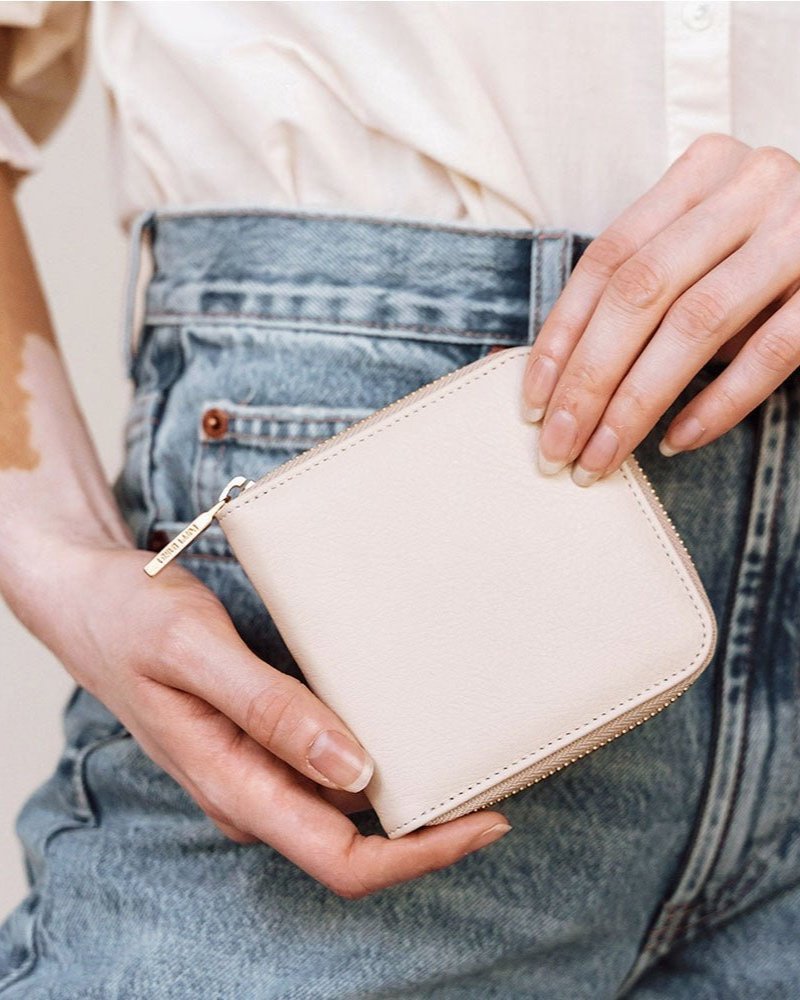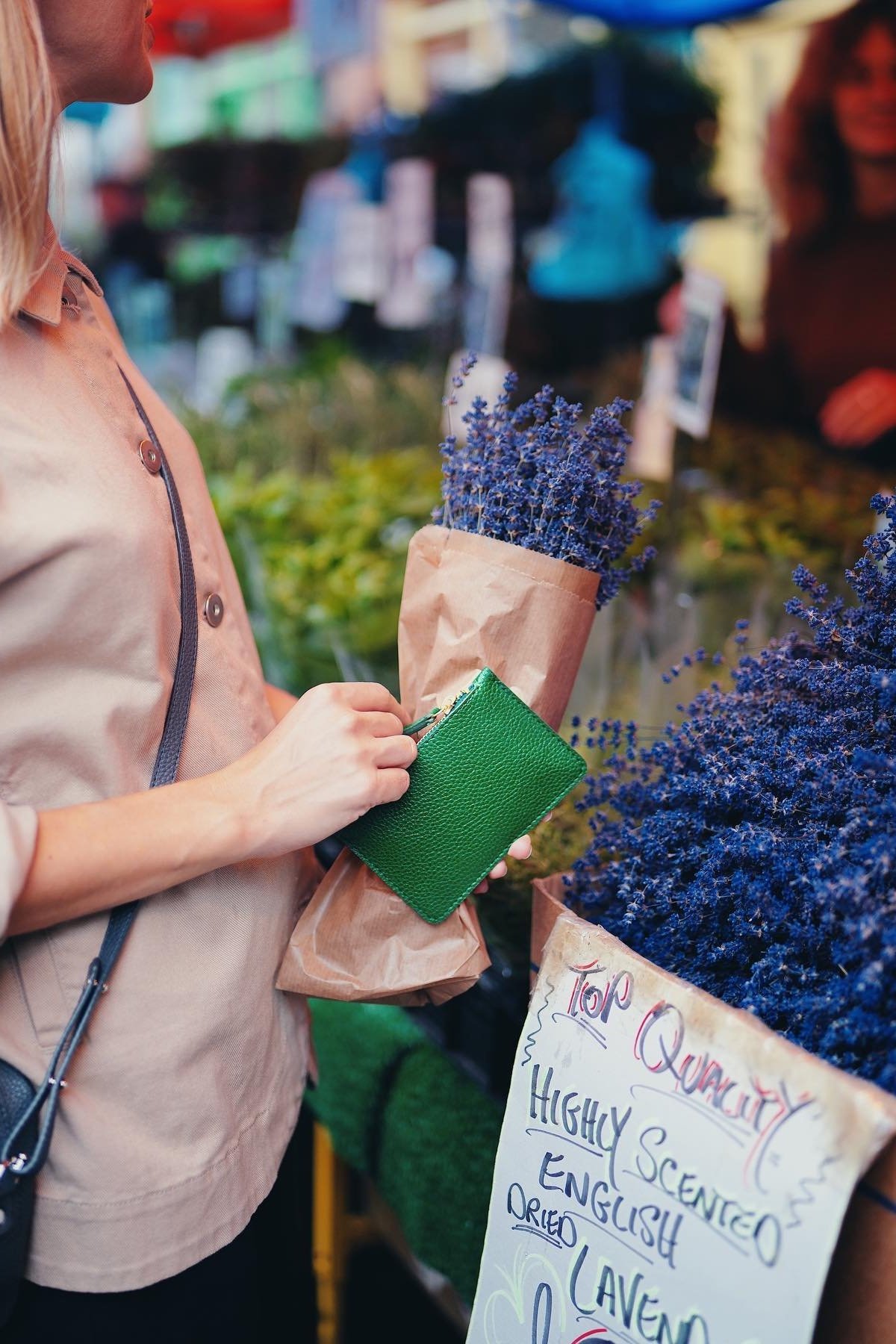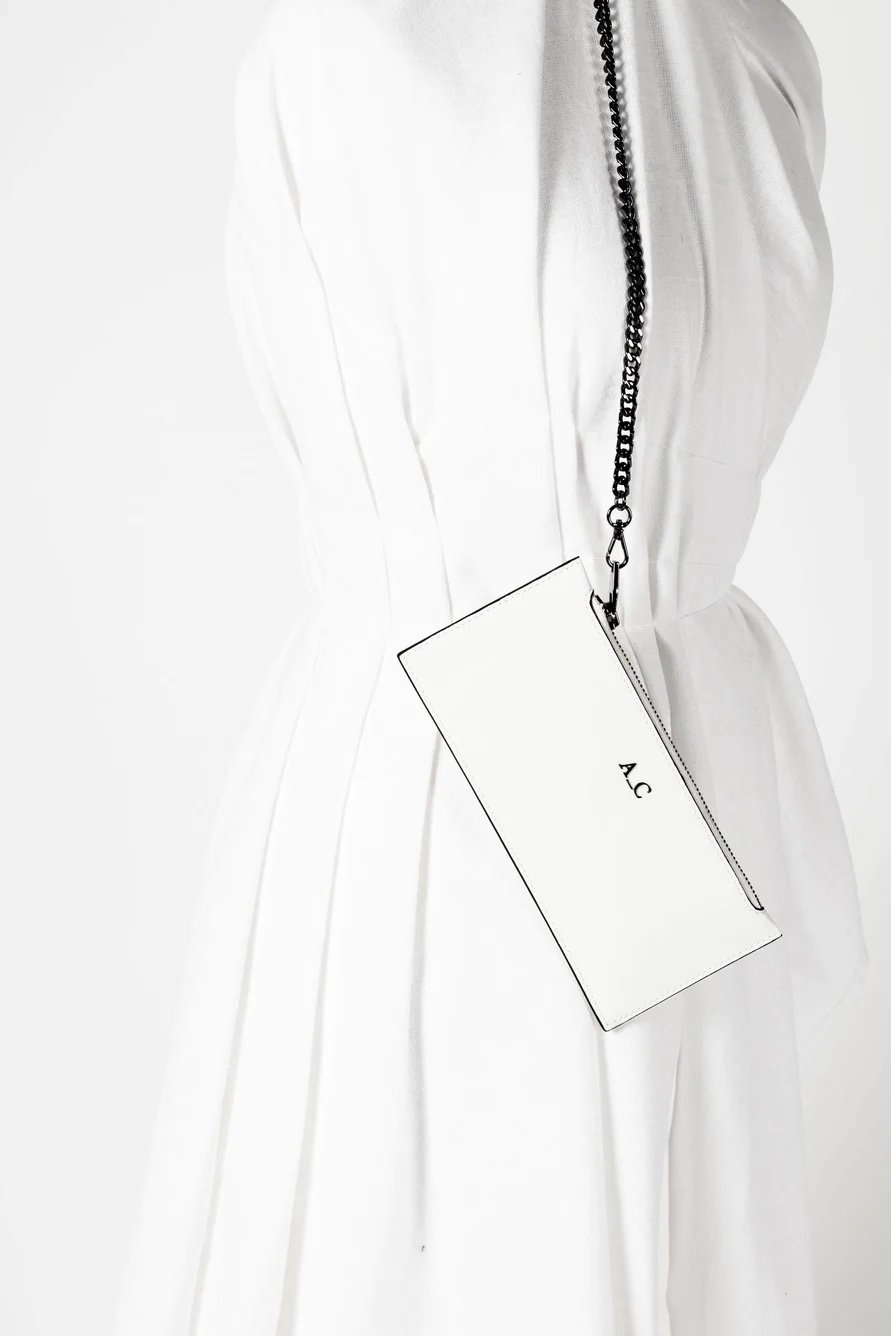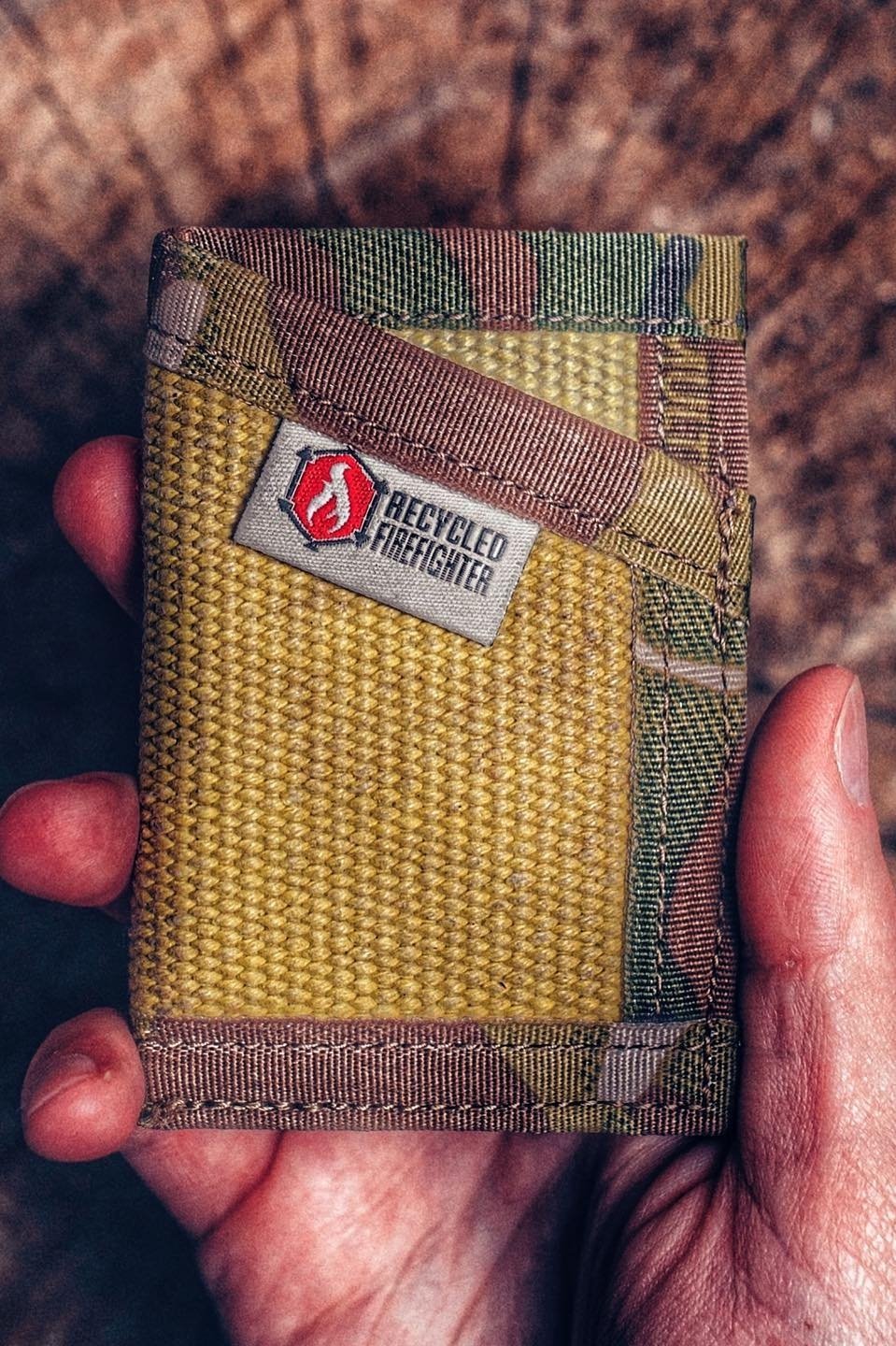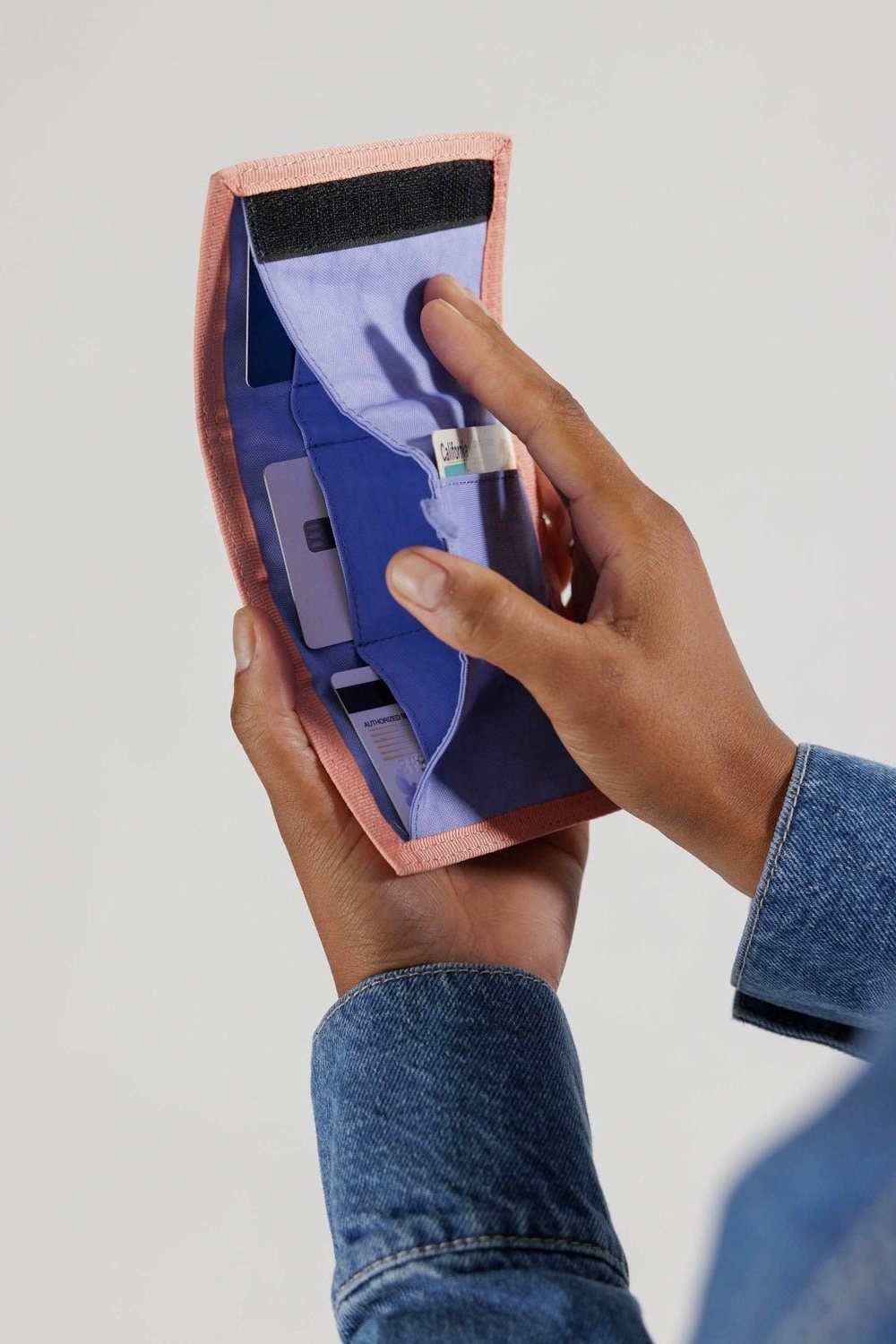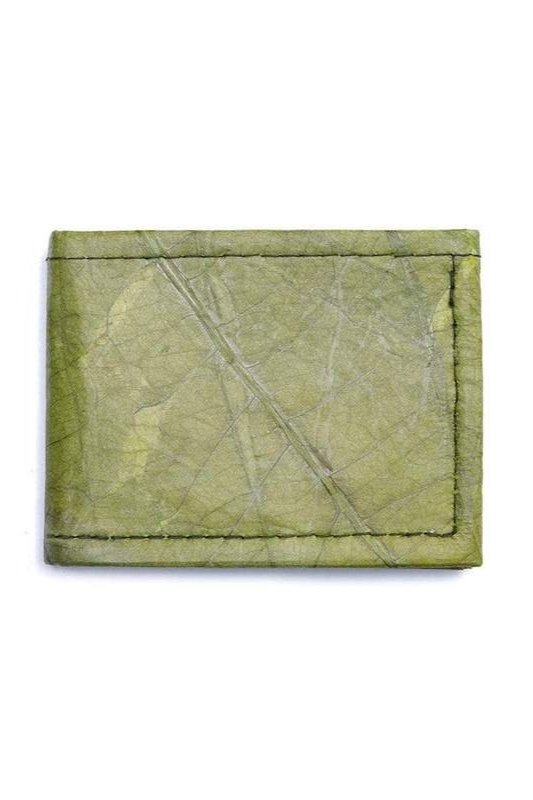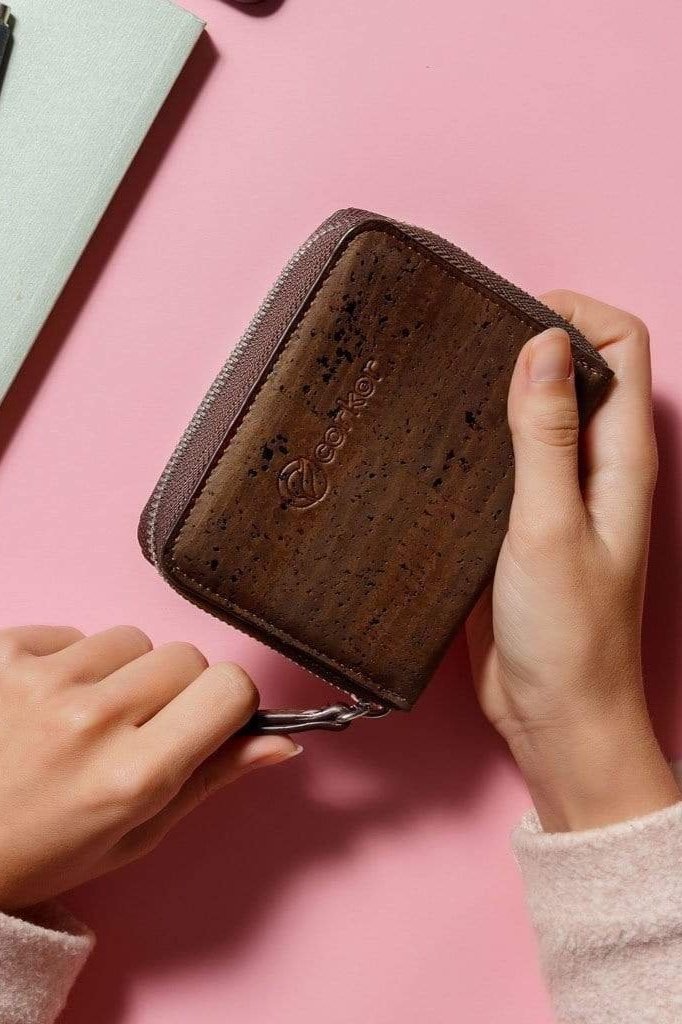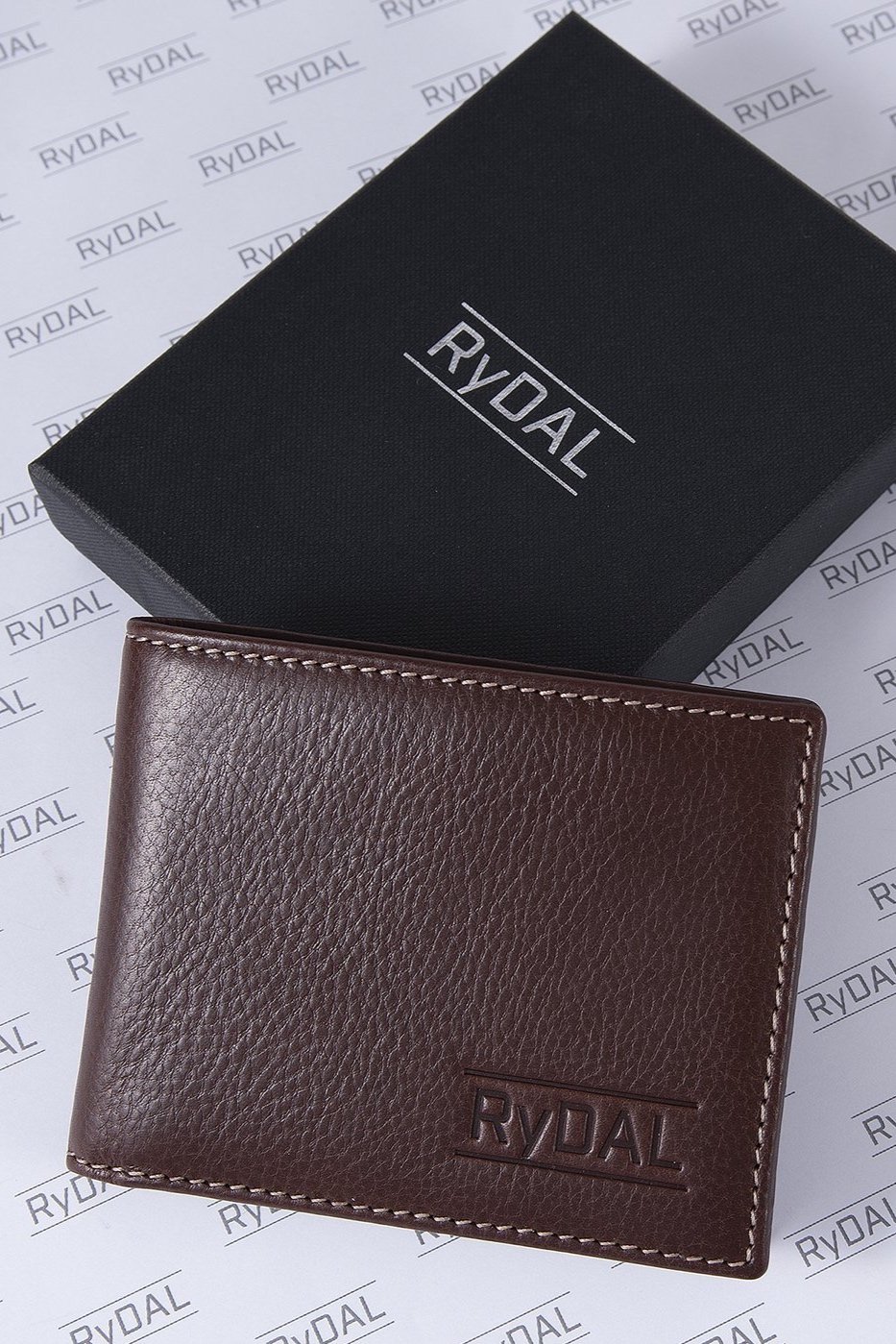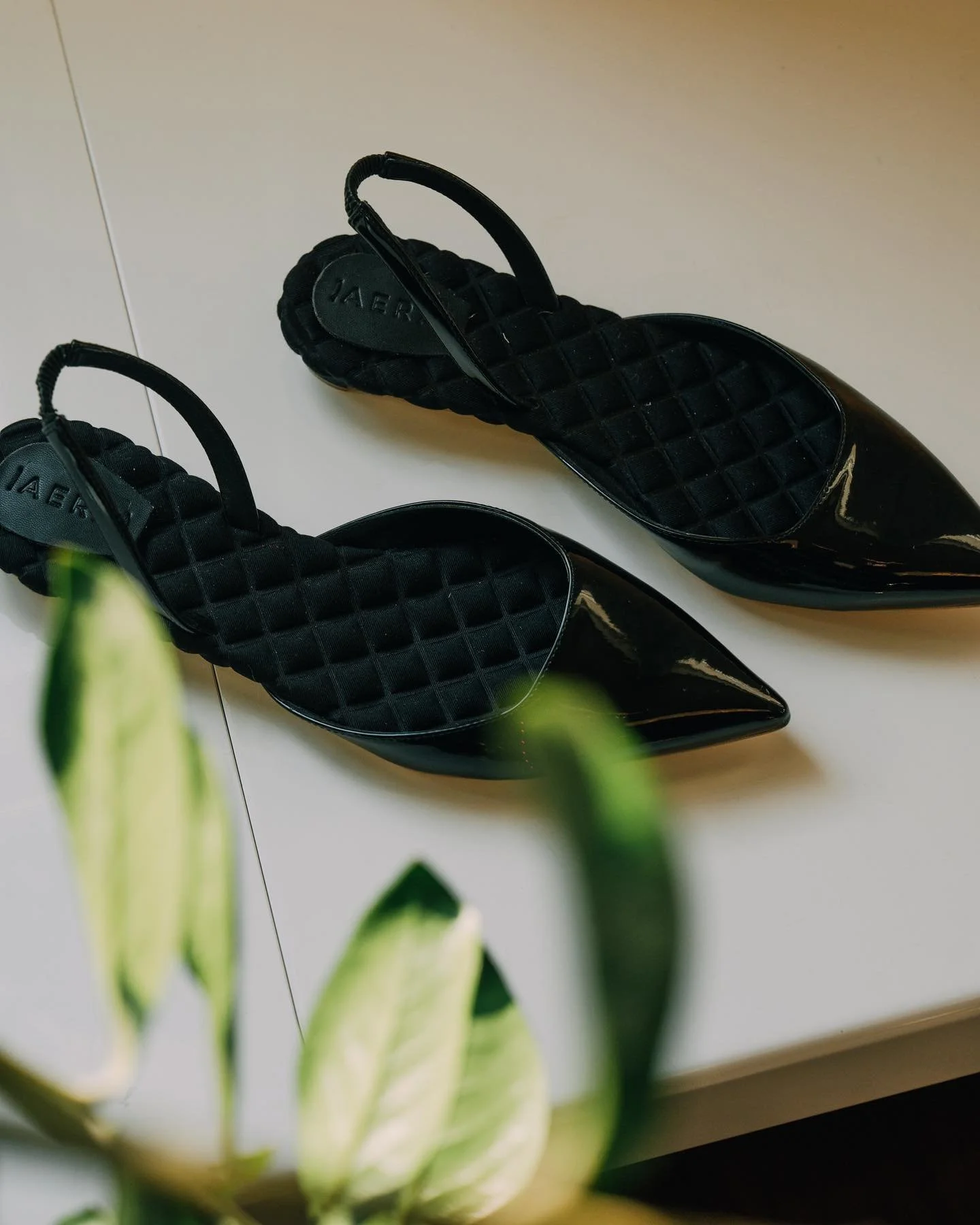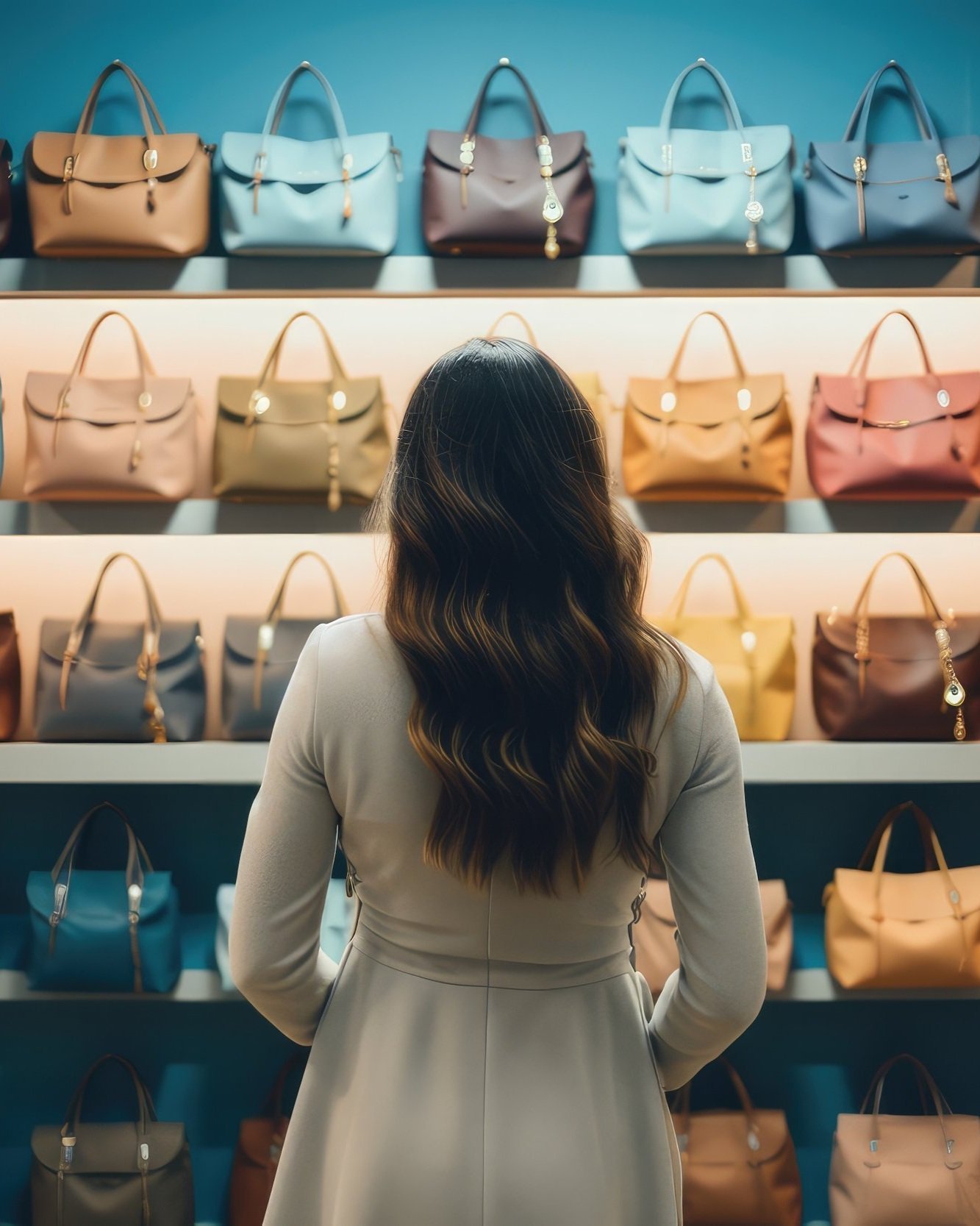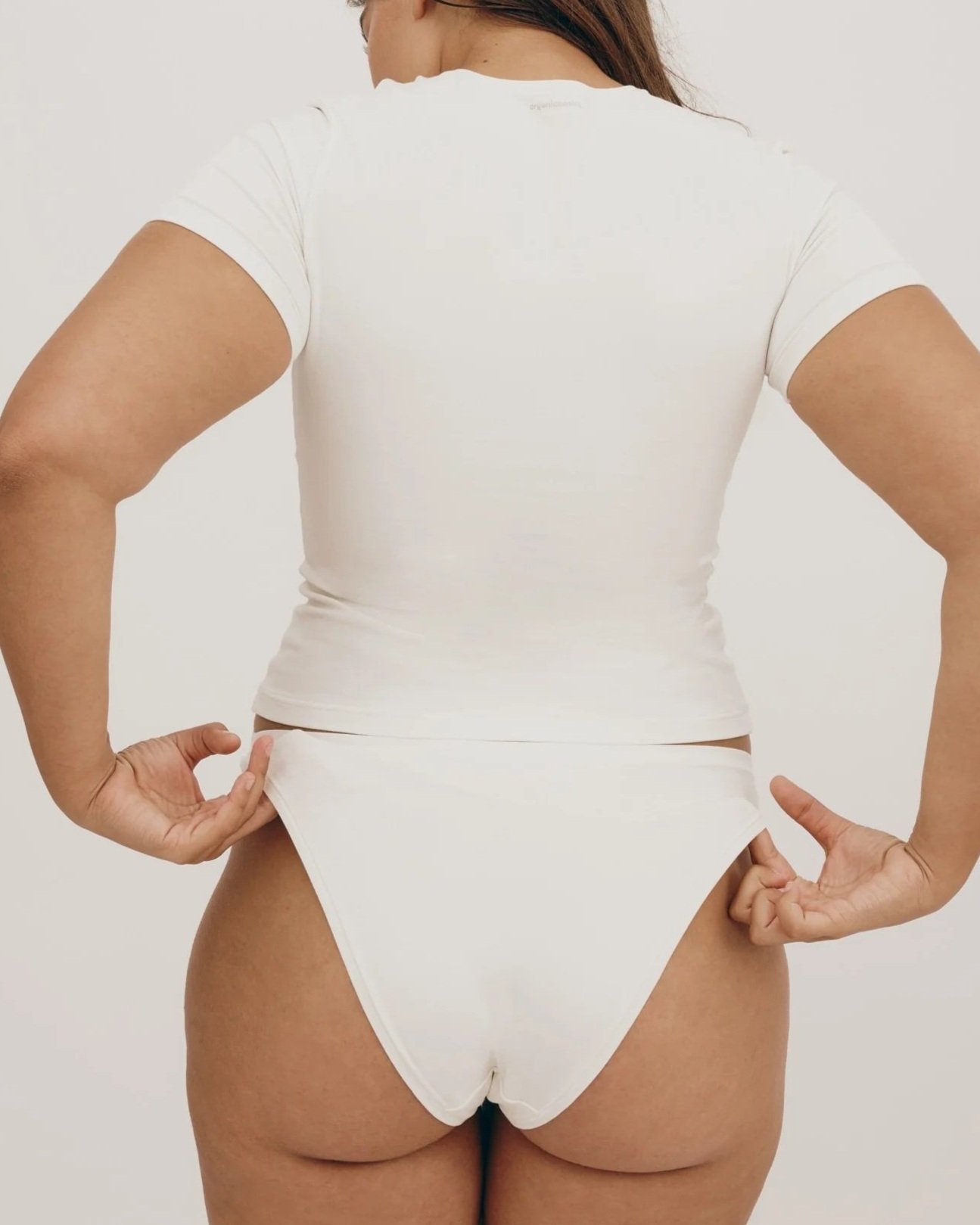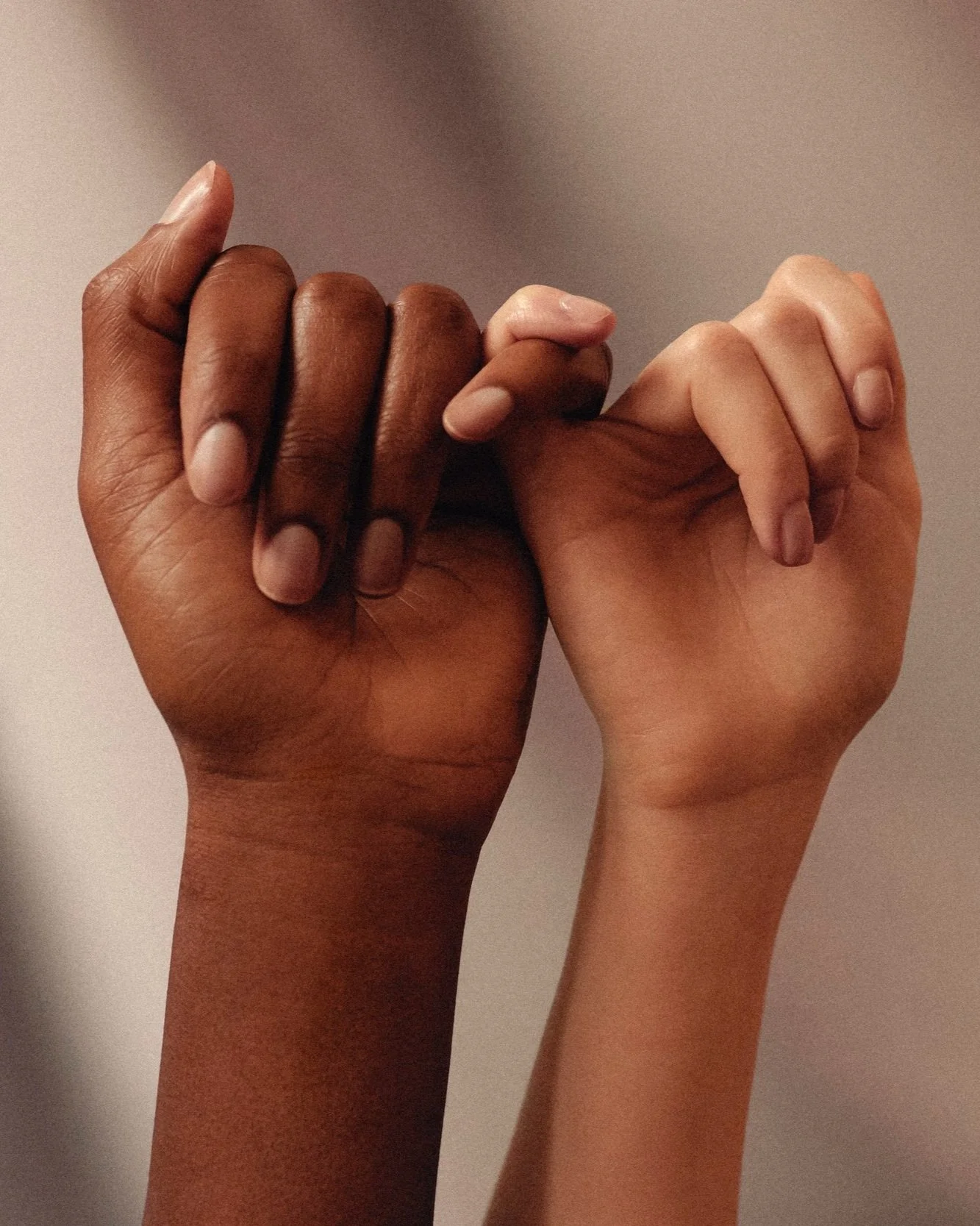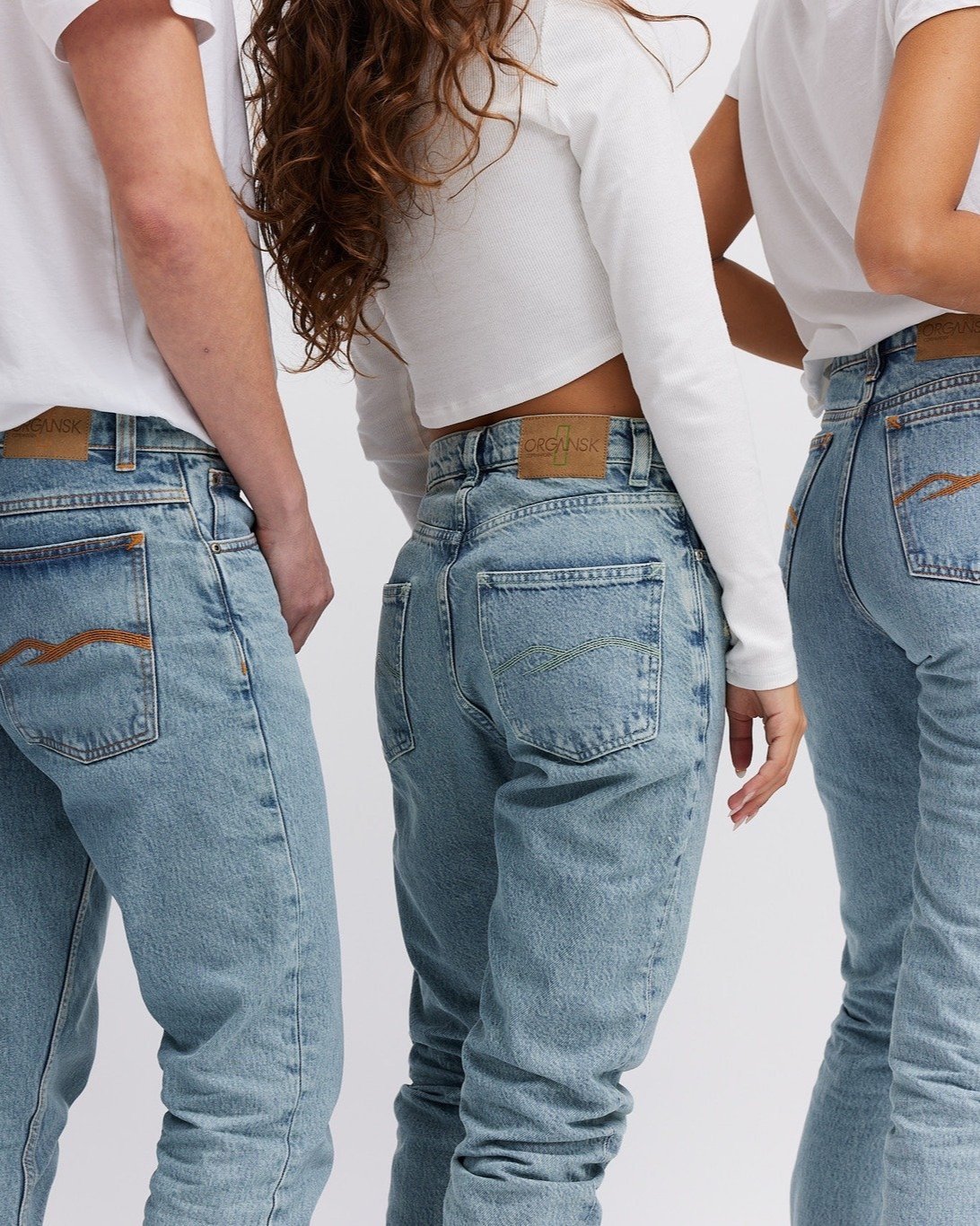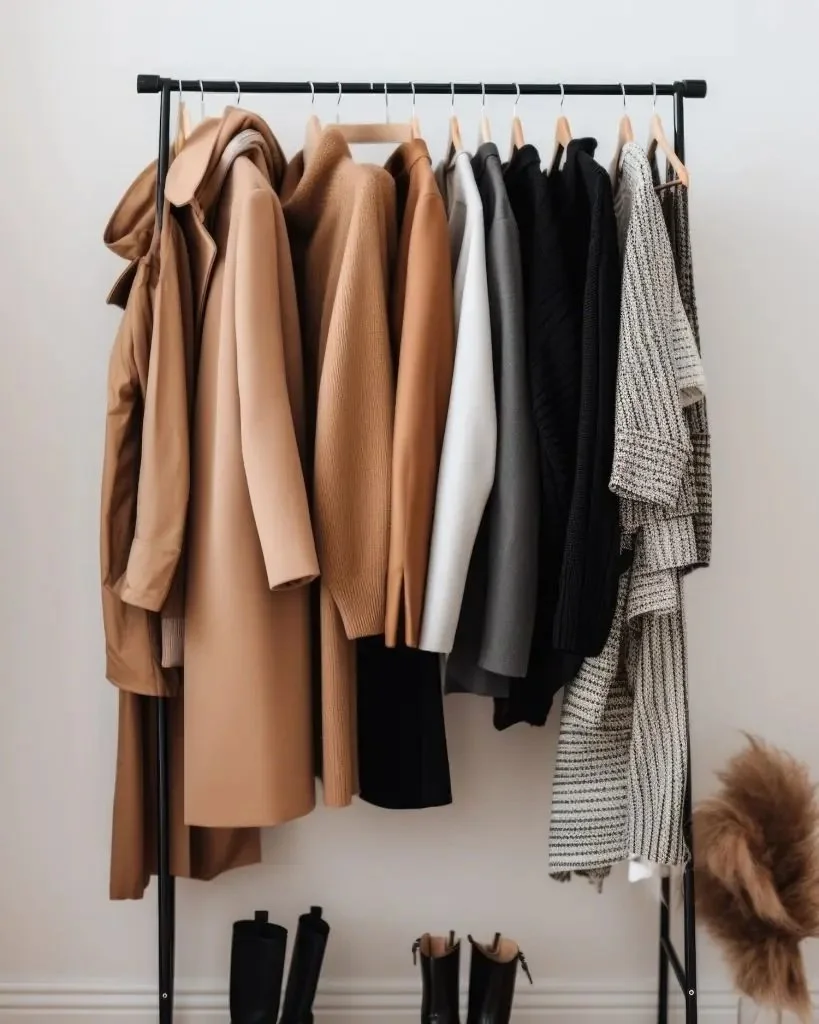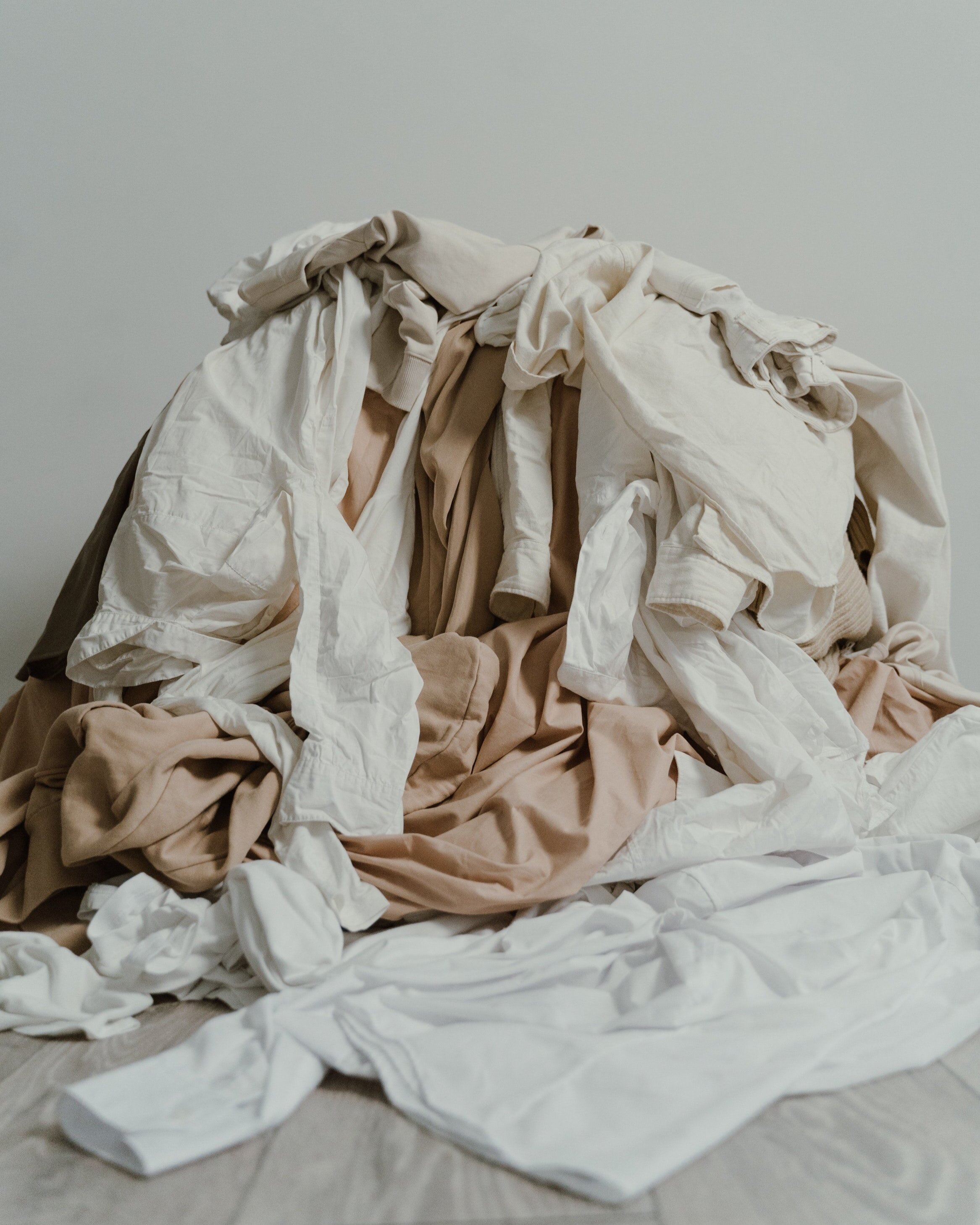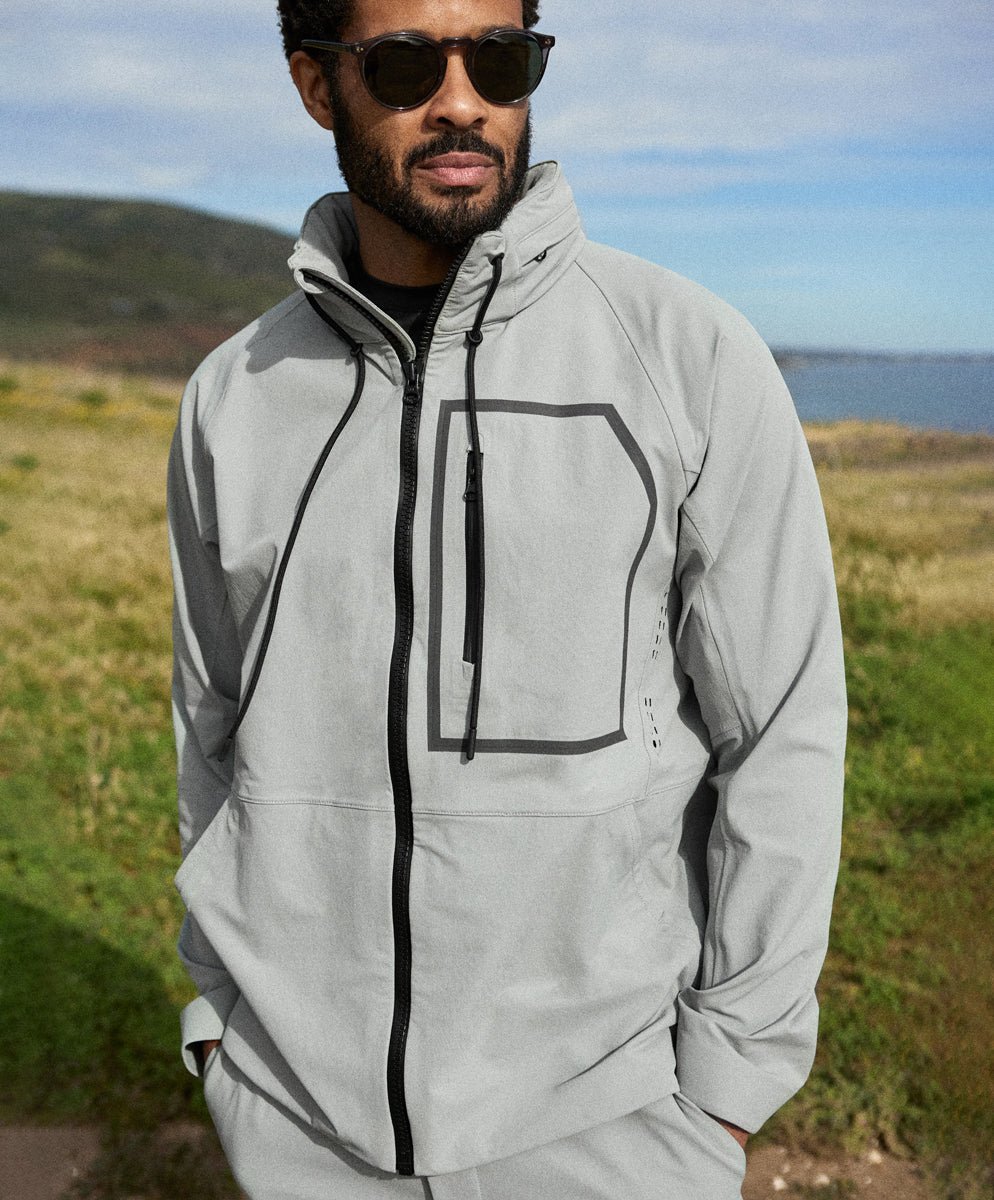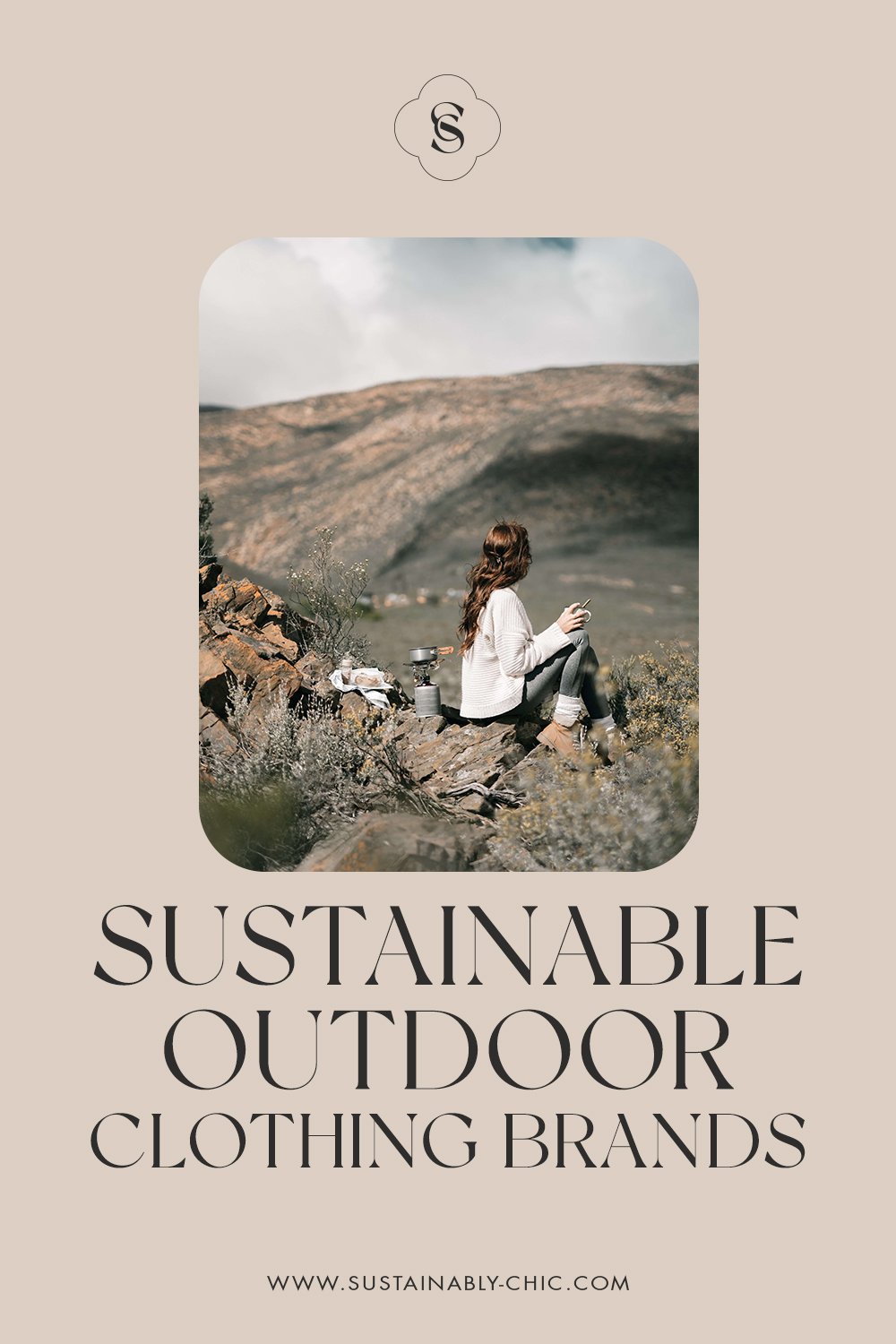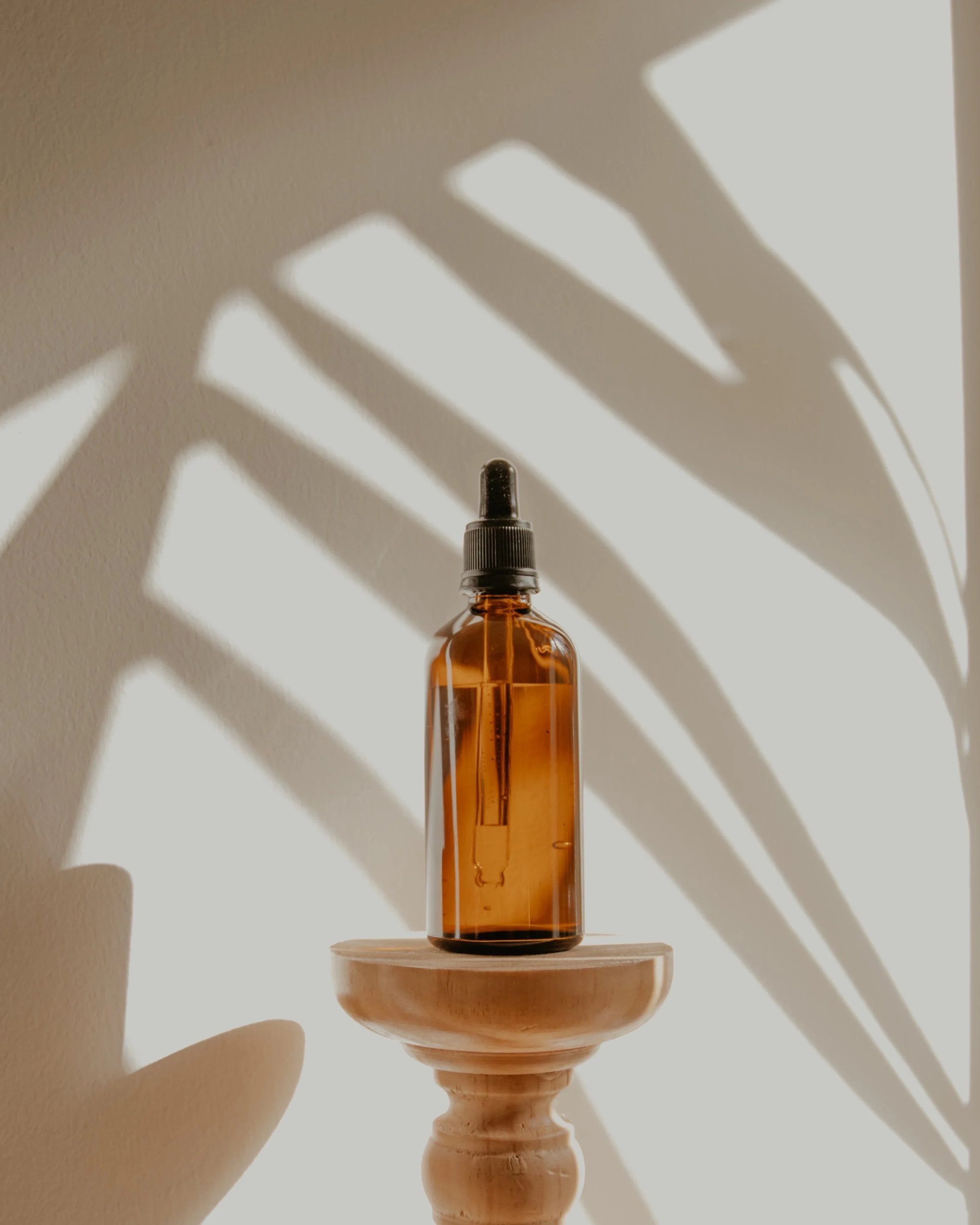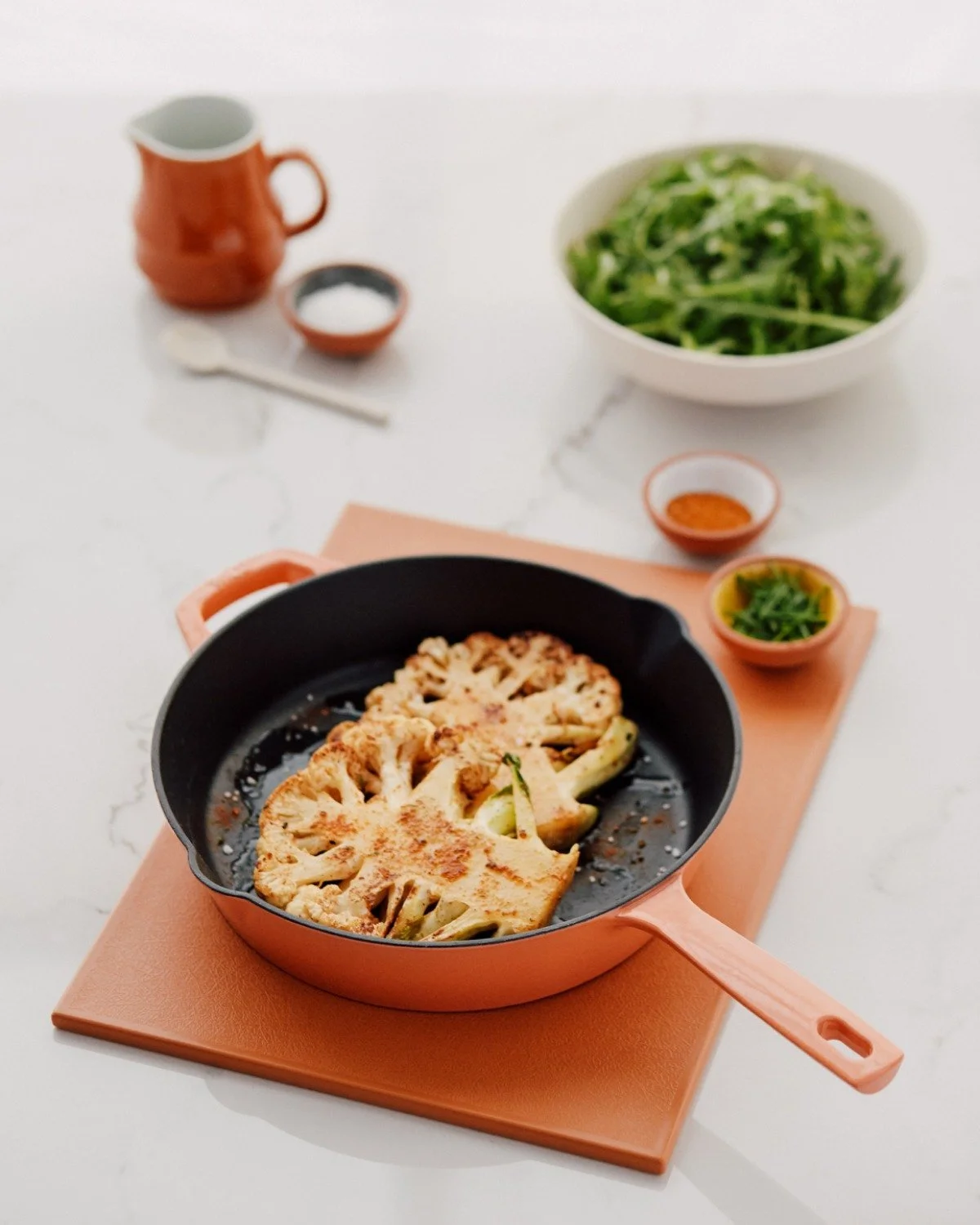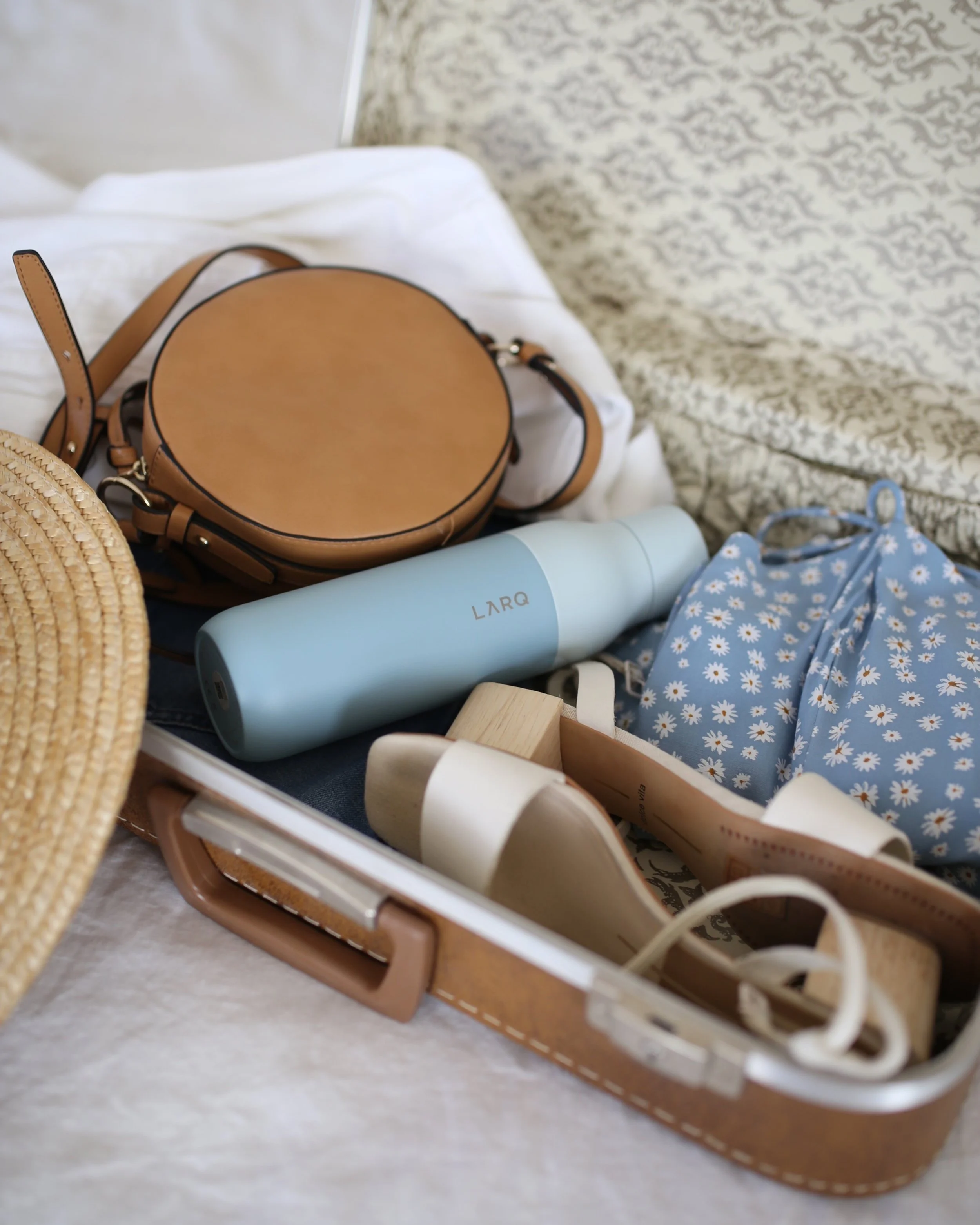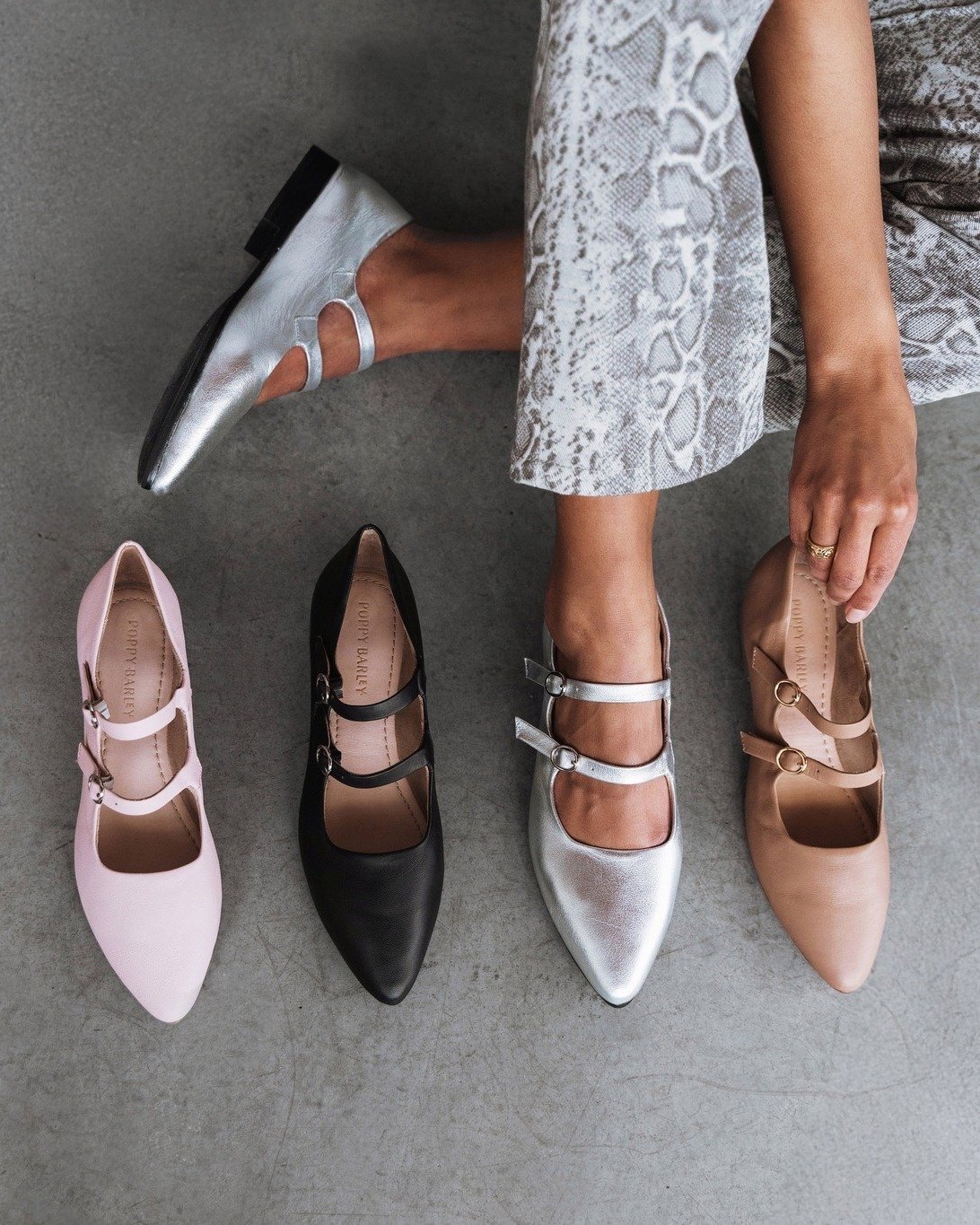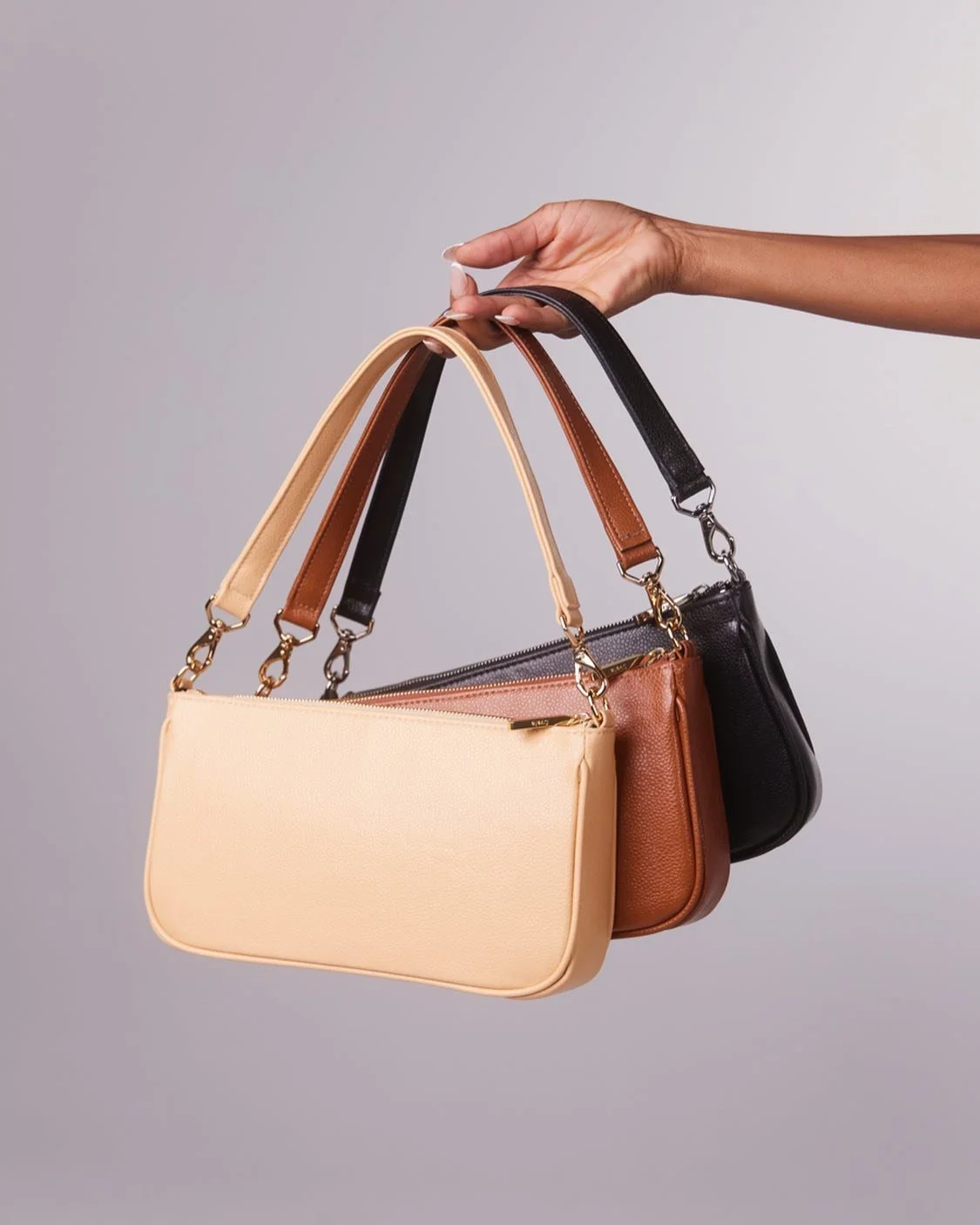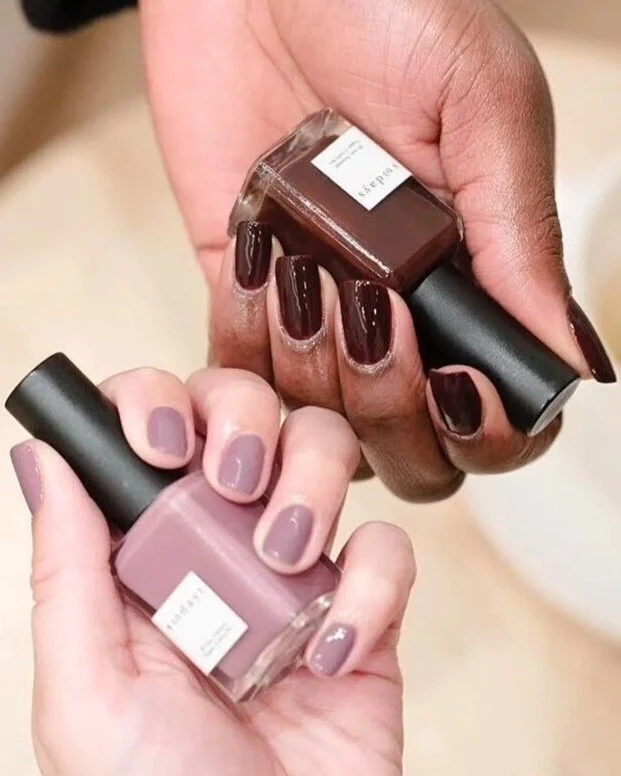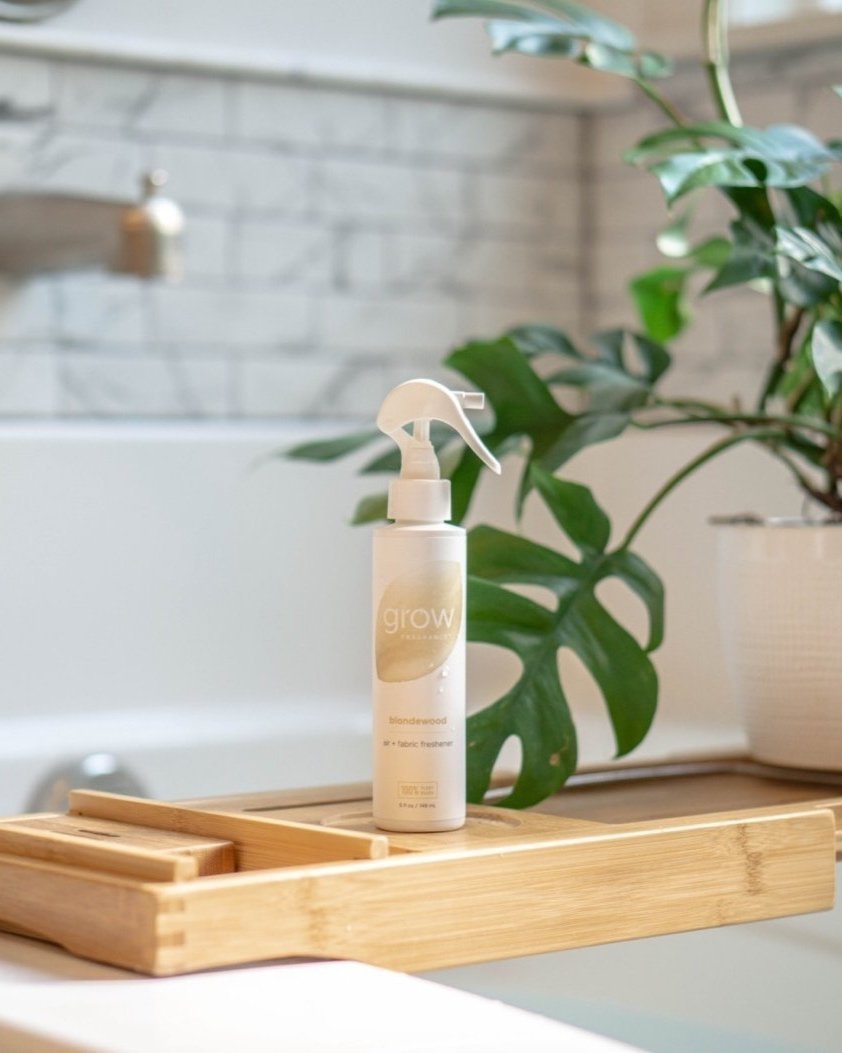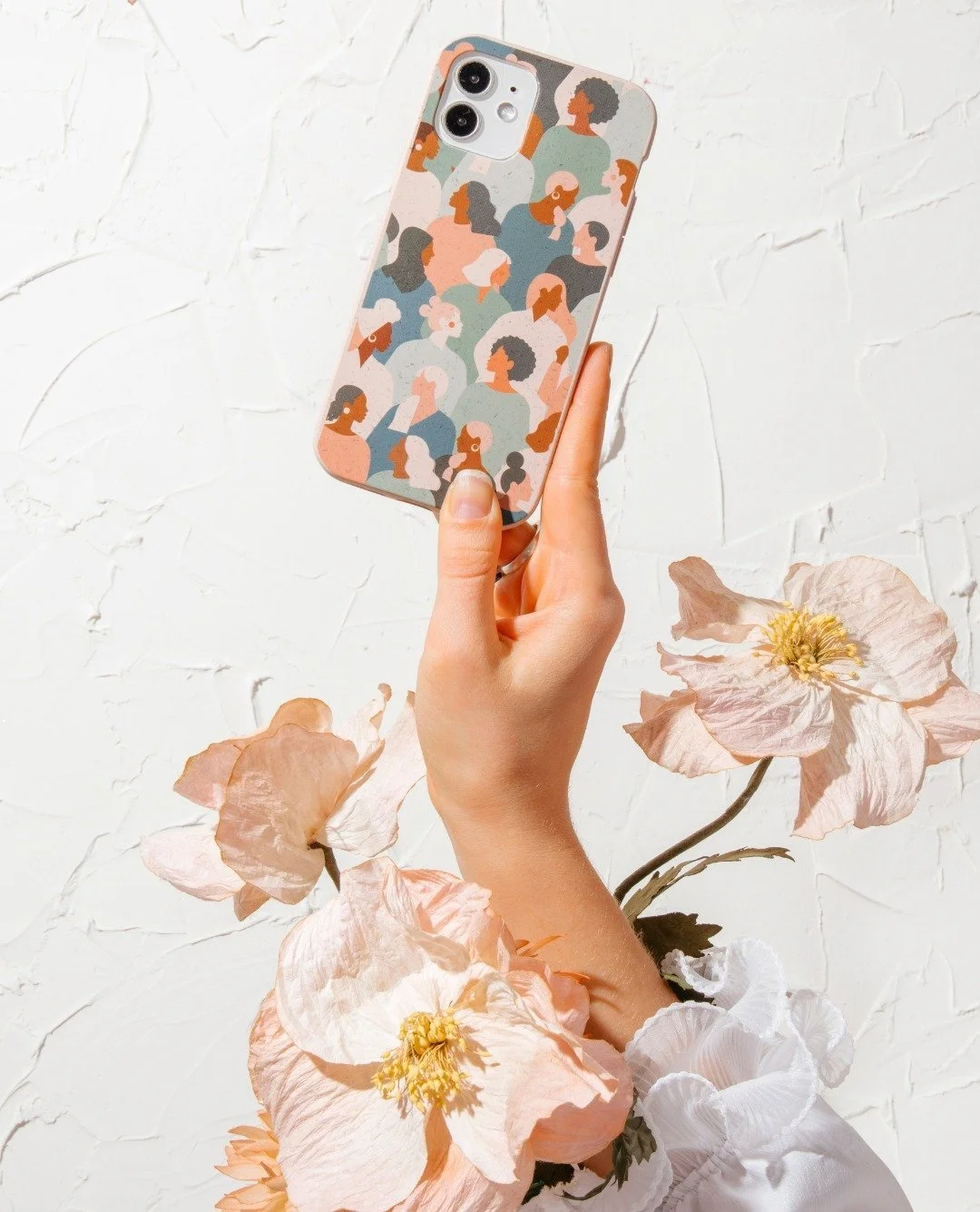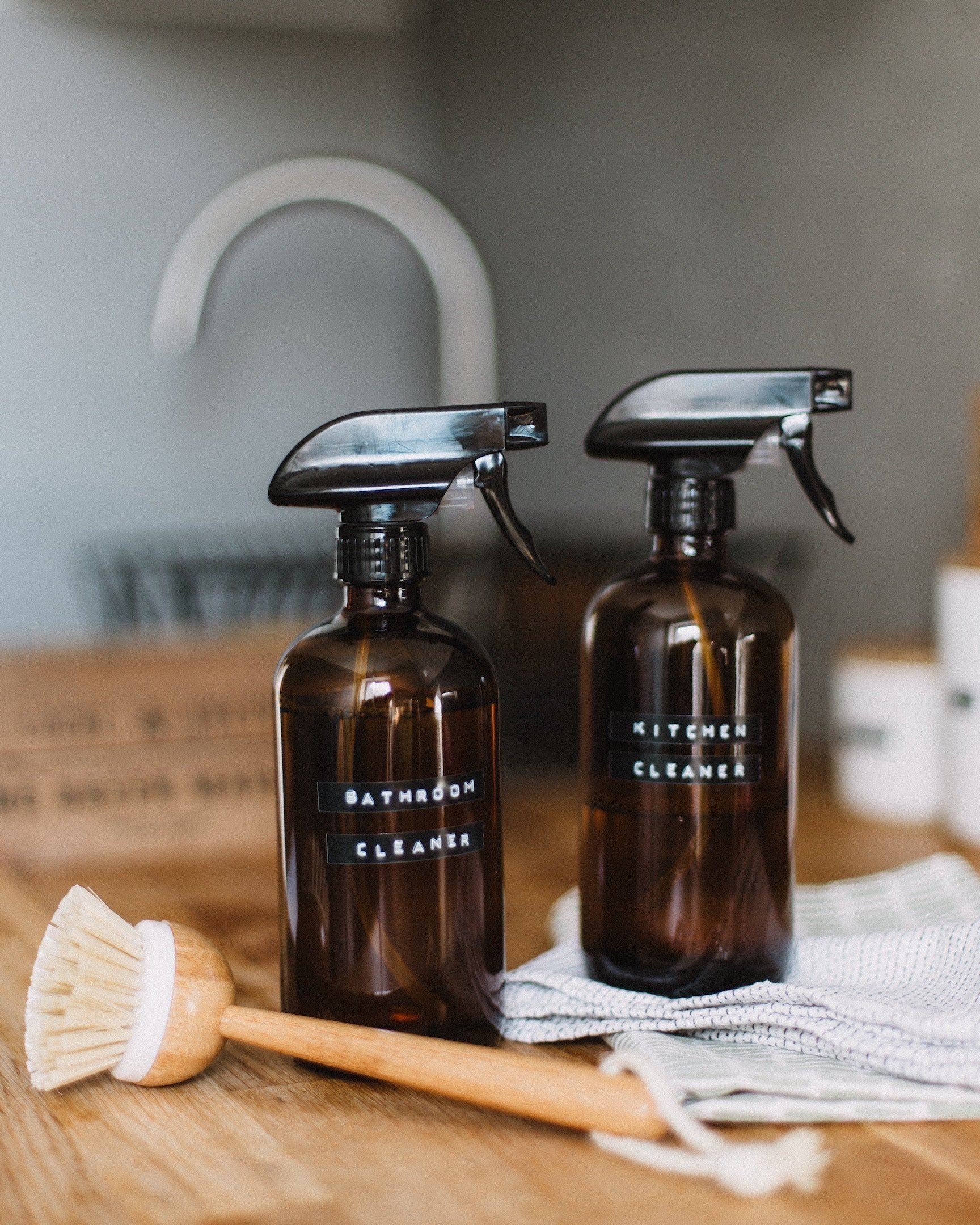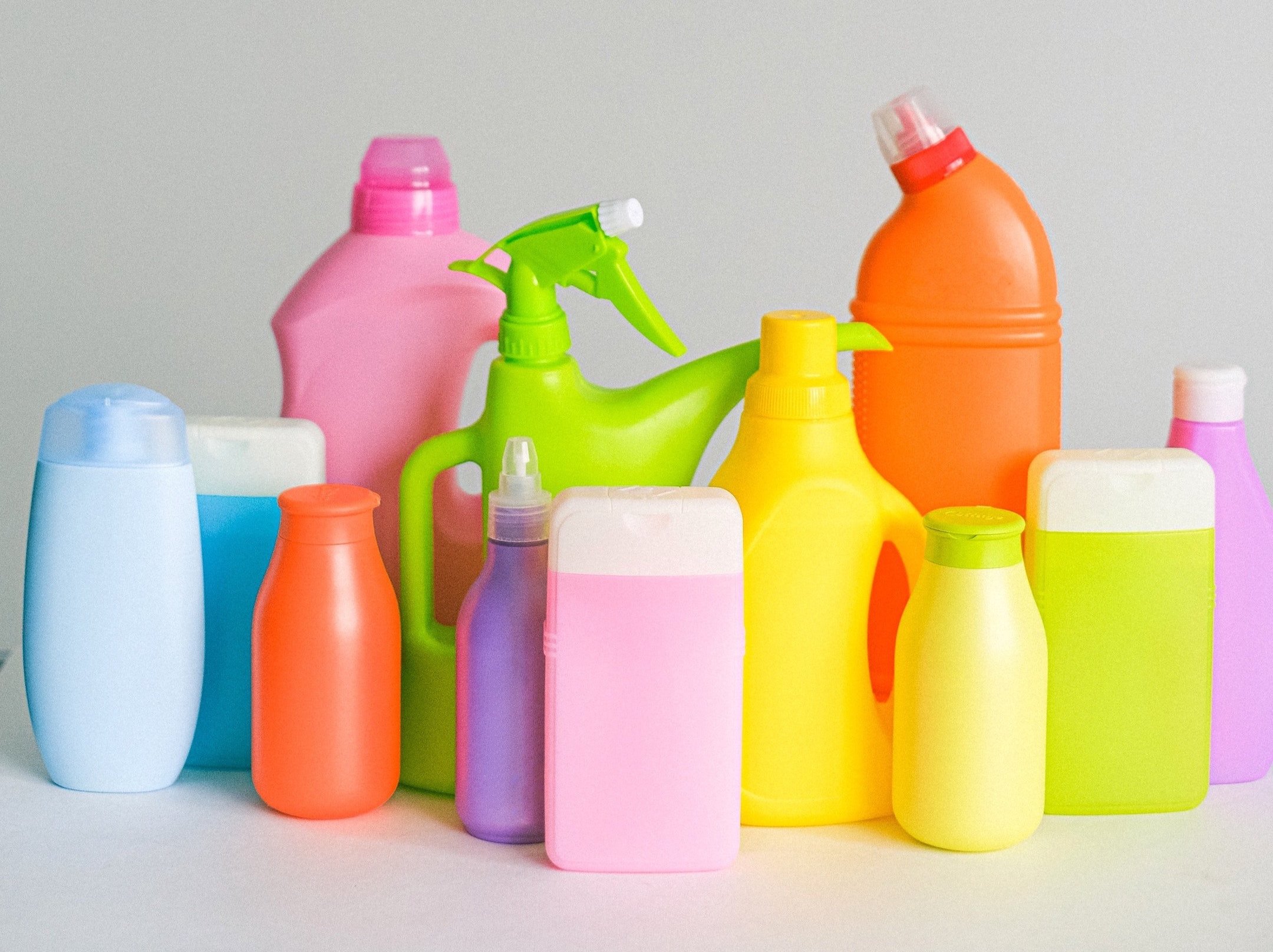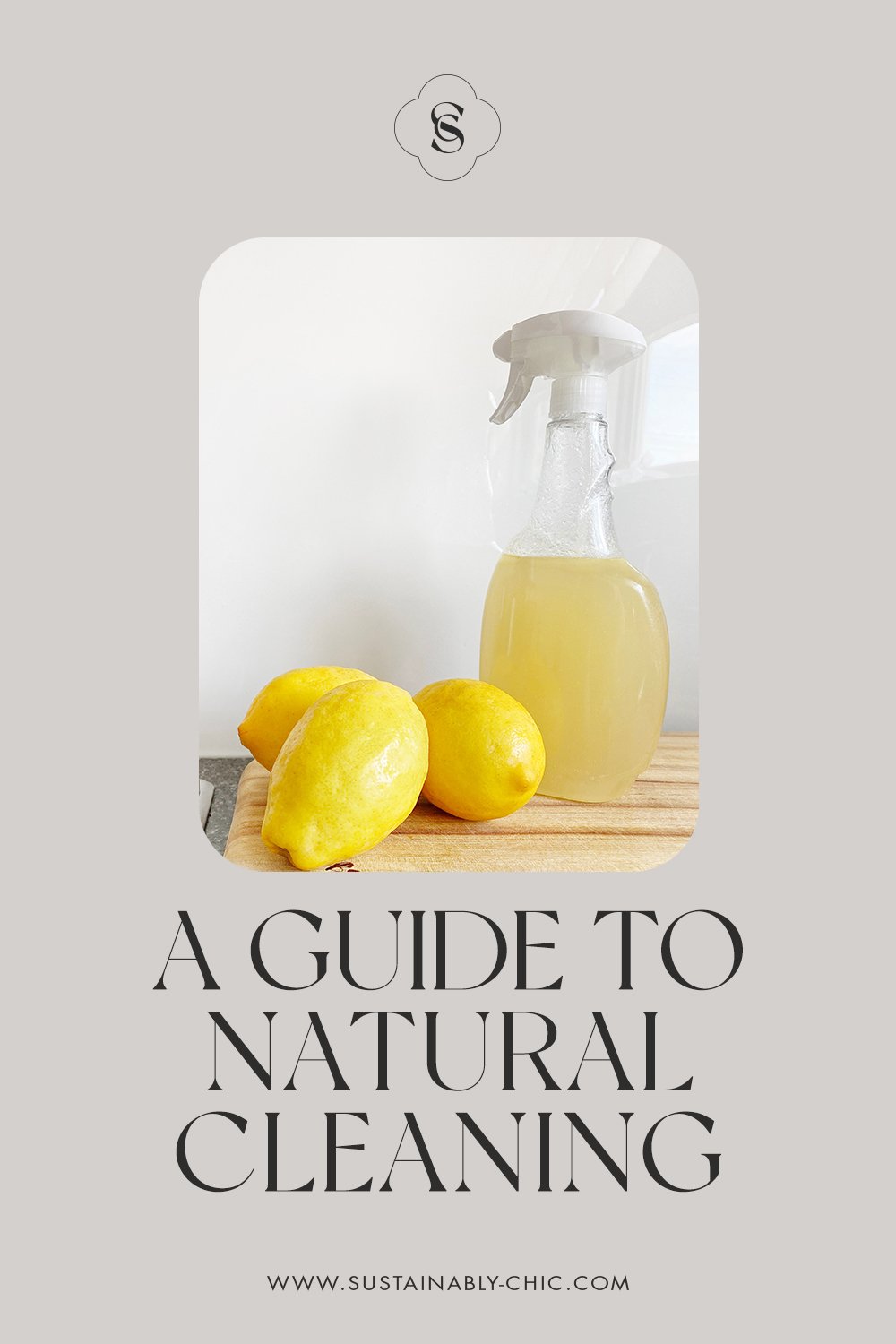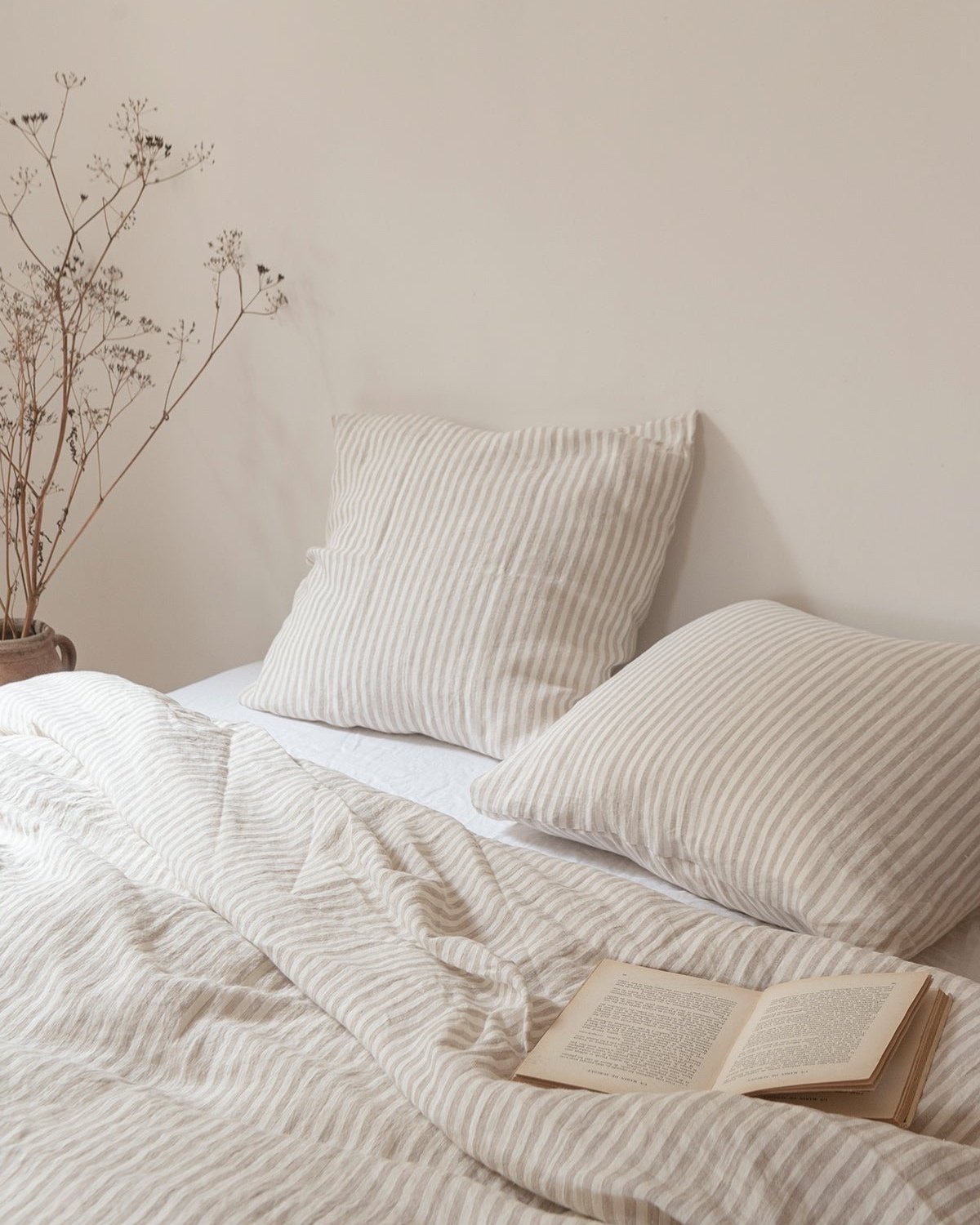Image: Able
Disclosure: Some of the links below are affiliated; we may earn a small commission if you click through and make a purchase. We only ever add brands & products we truly believe in. Thank you for supporting the brands who are making the fashion industry a better place!
The Best Eco-Friendly & Sustainable Wallets for 2023
Although digital wallets are gaining popularity, most of us still use physical wallets to store our credit cards, cash, ID and a few other essentials.
Wallets are a staple item we carry everywhere with us, and they’re as important as our phone and keys when we’re out and about. Many people also see wallets as a fashion accessory that can make them look stylish and distinctive.
Unfortunately, so many companies produce poor-quality wallets, in an unethical way and using unsustainable materials. Those tend to wear out quickly and barely last a year.
Investing in a high-quality wallet is a great way to ensure it will last for years, and that we will not lose our hard-earned money.
It’s also important to choose wallets that aren’t hurting the planet or the people who make them. In recent years, more and more brands have been selling high-quality and sustainably made wallets, so we have no excuse.
Here, we’ve compiled 14 sustainable wallet brands for men and women to help you find a wallet you’ll love and use for years to come!
WHAT MAKES a WALLET SUSTAINABLE?
A sustainable wallet is a wallet that you’ll be able to use for years without replacing it. It’s also made using sustainable materials, and in a way that is not detrimental to the environment.
The wallet brand needs to be transparent about how and where it’s making its products. And it should be paying its employees fair wages and ensuring safe working conditions.
WHAT ECO-FRIENDLY MATERIALS SHOULD YOU SEARCH FOR?
Many high-quality wallets are made of leather, as it is one of the most durable materials. While leather can be very unsustainable, you can choose one that is more eco-friendly and ethical.
Opt for leather that is a by-product of the meat industry, and one that is vegetable-tanned and Gold-rated by the Leather Working Group. This organization grants its Gold certification to only the most sustainable tanneries and promotes ethical leather production.
There are also vegan leathers that are made from plant-based materials, like fruits or trees. You can find wallets made from apple peels, pineapples, mangos or cacti!
Cork is another eco-friendly material for wallets, but you cannot go wrong purchasing one made of recycled polyester or recycled nylon. Some companies even make wallets out of discarded plastic items!
OUR TOP PICKS FOR PRACTICAL, SUSTAINABLE WALLETS:
1) Able
For: Women
Materials: Leather
Price: $45-130
Able is a fashion brand that empowers and employs women to help them get out of poverty. Initially, the company offered jobs to Ethiopian women coming out of the commercial sex industry. The brand sells a variety of wallets in different neutral colors, giving them a classy, chic and timeless style. Made in Ethiopia or Mexico, they all have many pockets for storing cards and cash. You can even carry your phone in most of them.
Able’s wallets are made of leather that is a by-product of the meat industry, and the tanneries producing it are part of the Leather Working Group.
The company’s Ethiopian partners also use 100% recycled water and a closed process system to reduce their environmental impact.
2) Nisolo
For: Men & Women
Materials: Leather
Price: $50-100
Nisolo is a footwear brand creating shoes and accessories for women and men.
The brand sells a women’s wallet made of vegetable-tanned leather that becomes even more beautiful as it ages.
Handmade in Peru and available in three classic colors, it’s the perfect everyday wallet with pockets for cash and credit cards, and a zippered pouch.
Nisolo also makes a bifold wallet for men, available in three different shades of brown. It’s made of leather in an ethical factory in Mexico.
95% of the brand’s leather originates from Leather Working Group certified tanneries, which meet the highest standards of environmental responsibility in the industry.
Nisolo is a certified B Corporation, and entirely climate-neutral. The company is very transparent about where its CO2 emissions come from and where its factories are located.
use code SUSTAINABLYCHIC20 for 20% off your purchase
3) Pixie Mood
For: Women
Materials: Vegan Leather (Recycled Options)
Price: $22-100
A great (PETA-approved) vegan option, but with a more accessible price point. We don’t love PU leather, but it is better than PVC, and they even use recycled for most of their wallets (which we prefer!). Plus, all of their linings are made from recycled bottles. Finally, Pixie Mood offsets its carbon and uses biodegradable packaging.
4) Bellroy
For: Gender Neutral
Materials: (Vegan Leather) Mirum, LWG Leather
Price: $55-179
Based in Melbourne, Australia, these wallets are crafted from premium, durable materials that feel great in your hand and age beautifully as the years go by.
Besides the LWG Leather, they also use Mirum (a vegan leather-like material) for one of their classic wallets here.
In addition, Bellroy works with the Centre for Effective Altruism to support some not-for-profit projects, is transparent about the efforts to improve their sustainability, and works hard to be a positive place to work.
5) O My Bag
For: Men & Women
Materials: Leather
Price: $42-96
O My Bag is a Dutch brand creating high-quality leather bags for women and men.
The brand offers a huge variety of wallets and cardholders, in many colors, shapes and styles. You can also choose from different types of leather, according to your preferences. These wallets are all made of premium quality leather that is tanned without the use of harmful chemicals. Instead, the leather is tanned naturally using vegetable tannins.
O My Bag offsets 100% of its carbon emissions from shipping. It donates part of its profits to support projects around India, promoting women empowerment and education.
The company also has a pre-loved program featuring an online marketplace where you can buy second-hand O My Bag products. You can find many wallets there at a discounted price!
6) Ekster
For: Men
Materials: Leather, Aluminum, Recycled Car Windshields
Price: $31-250
Ekster is an innovative brand creating wallets and other accessories for men. Its wallets are made of genuine top-grain leather, and are available in a variety of textures, models and colors.
The brand’s leather is a by-product of the meat industry, and it gets better over time. It is sustainably sourced from American hides that have been processed at Gold-rated tanneries.
The leather is processed using an innovative technology that helps save huge amounts of water, reduces the need to use chemicals, and lowers wastewater production.
Ekster also sells a vegan wallet made from recycled car windshields, as well as cardholders. All the brand’s accessories can be paired with a solar-powered tracking technology to make sure you do not lose your wallet.
The company became climate-neutral in 2021, and it’s been making progress towards receiving a B Corp certification.
7) Allégorie
For: Men & Women
Materials: (Vegan Leather) Apple Peels, Mangos, Cactus Leaves, Recycled Plastic
Price: $165-198
Allégorie is a women-owned company that creates bags and wallets for women and men, using food waste. The brand sells a large variety of wallets and cardholders for all budgets. They are made with upcycled discarded fruits from grocery stores and juice factories. You can choose models made from apple peels, mangos or cactus leaves. How cool is that?!
Allégorie also utilizes other eco-friendly materials, like post-consumer recycled plastic and non-edible crops. Unlike most vegan leathers, Allégorie’s materials are 100% PVC-free. They’re made using cruelty-free, bio-based, fair trade and non-toxic chemicals that are certified by Oeko-Tex, PETA, USDA and the World Fair Trade Organization.
8) Svala
For: Women
Materials: (Vegan Leather) Pineapple Leaf Fiber, Polyurethane, Cork, Organic Cotton, Recycled Polyester
Price: $55-250
Svala creates luxury, vegan handbags and accessories that are handcrafted in Los Angeles, using premium and innovative fabrics.
The brand sells wallets that have a detachable silver chain strap so that you can use them as a small handbag if you want to. They’re made from PVC-free vegan materials like polyurethane, pineapple leaf fiber or cork.
Svala also creates vegan cardholders for when you prefer a lighter and smaller option. The inside of each wallet is lined with organic cotton and recycled polyester made from plastic bottles.
Svala is PETA-approved and offsets its carbon footprint from shipping. It also donates 10% of its profits to charities, including Wild Aid, whose mission is to end the illegal wildlife trade.
9) Poppy Barley
For: Men & Women
Materials: LWG Leather
Price: $46-188
Poppy Barley is a Canadian brand and B-Corporation founded by two sisters in Edmonton, AB. Their company is committed to rethinking every step to create sustainably made, fairly-priced products designed to be worn on repeat. From simple cardholders to passport holders, they have a design fit for every lifestyle.
10) BEEN London
For: Women
Materials: Recycled Leather
Price: $38-70
BEEN London creates beautiful bags, backpacks and wallets. It uses recycled materials, including tannery off-cut leather, plastic bottles, discarded clothes, pineapple leaves and apple skins.
The brand sells a wallet in three colors that offers plenty of space for bills, cards and coins. It is handcrafted from full-grain premium recycled leather that doesn’t scratch or show signs of wear easily.
BEEN London also sells a small coin purse made from recycled leather, which is perfect for minimalists! The recycled leather the brand uses is made from tannery off-cuts and trimmings that would have been discarded.
All the brand’s products are handmade by artisans in London, and the company is certified Standard 100 by Oeko-Tex.
For every product purchased, BEEN London plants a tree in partnership with Tree Nation.
11) A_C
For: Women
Materials: (Vegan Leather) Cactus Leaf Fiber
Price: $87
A_C was founded with a mission to create sustainable and cruelty-free bags, using materials like cactus and pineapple leaf fibers.
The brand sells two wallets, one in black and one in white, that are elegant, sophisticated and functional. They have different card slots and are roomy enough for a mobile phone. They even have a detachable custom chain so that you can clip it to your bag or hip.
A_C’s wallets are made with cactus leather, which is created using the mature leaves of prickly pear cacti. I love how cool and unique this material is! The inner fabric inside these wallets is made of 100% GOTS-certified organic cotton.
The brand’s wallets are PETA-approved, and for every A_C product sold, the company plants a mangrove in partnership with Sea Trees.
12) Recycled Firefighter
For: Men
Materials: Recycled Fire Hose
Price: $25-49
Recycled FireFighter was created by a firefighter who understood how durable fire hoses are, and decided to make recycled wallets and backpacks out of them.
The brand sells four types of wallets, all handmade from recycled fire hoses that are saved from the landfill. They have a simple design for them to be carried around comfortably on a daily basis.
The great thing about fire hoses is that they are very sturdy and durable, so the brand’s wallets are made to last and stand the test of time.
The company makes its wallets in small batches in the USA. I love the brand’s approach, and how unique and cool repurposing fire hoses to create accessories is!
Between 2014 and 2016, Recycled FireFighter saved and repurposed over 15,000 feet of decommissioned fire hose!
13) Baggu
For: Gender-neutral
Materials: Recycled Nylon, Leather
Price: $28-30
Even though Baggu used to create reusable shopping bags, it is now making all kinds of accessories, pouches, hats and home goods.
The brand sells gender-neutral wallets that are affordable, which is perfect if you’re on a budget! Baggu’s trifold wallet is available in three colors, and has a loop so that you can clip it to your keys. It is made using recycled nylon, one of the best alternatives to conventional nylon.
You can also choose a simple circular leather wallet with two card slots and a center compartment for bills and coins.
When Baggu’s products wear out, you can ship them back to the company so that they get recycled, repurposed or donated to non-profit organizations.
14) Tree Tribe
For: Gender Neutral
Materials: (Vegan Leather) Tree Leaves
Price: $25-50
Tree Tribe is an outdoor lifestyle brand that creates drinkware, clothing and accessories for women and men. The brand sells wallets and cardholders that are handmade using leaf leather, an innovative plant-based leather made from tree leaves. It is water-resistant and as durable as real leather. This plant-based leather is made using fallen Teak leaves, which means that no trees are harmed during the production process.
The brand also started selling wallets made with banana leaf leather. I love that we can see that Tree Tribe’s wallets are made from tree leaves; it is so fun and beautiful!
The company has partnered with environmental organizations to plant one tree for each purchase of a Tree Tribe product. So far, over 450,000 trees have been planted in 12 countries.
15) Corkor
For: Men & Women
Materials: (Vegan Leather) Cork
Price: $33-95
Corkor is a brand that makes unique vegan bags, wallets and accessories out of cork. The brand offers a beautiful selection of wallets and cardholders for women and men, in different colors. They are all handmade in Portugal by local artisans who use traditional craftsmanship techniques. Corkor’s wallets are made in small batches from 100% cork. The brand’s cork material looks, feels and behaves like leather, but it is PETA-approved.
The cork leather is certified, ensuring the conservation of cork oak forests. It is obtained by removing the outer bark of the tree, without harming it. The bark replenishes, so cork can be harvested time and time again.
Read this blog post for an in-depth explanation of why cork is such a sustainable and great material!
16) Rydal
For: Men
Materials: Leather
Price: $90-132
Rydal is a brand selling high-quality bags and wallets for men, combining British design, Spanish craftsmanship and Italian leather.
The company makes a few wallets and cardholders, available in multiple colors.
Made in Spain using traditional and artisanal skills and techniques, they’re all functional and beautifully designed.
All Rydal’s wallets are made from vegetable-tanned leather, meaning that it is naturally tanned by tree and plant extracts. They all come with the Guarantee Label of the Genuine Italian Vegetable Tanned Leather Consortium, which certifies the traceability and quality of Tuscan vegetable-tanned leather.
Rydal’s wallets also come with RFID protection to protect debit and credit cards against card skimming. I love how transparent the brand is about how and where exactly its products are made!
About the Author
Eva Astoul is a French freelance writer, specializing in content related to sustainability, simple living, and a growth-focused healthy lifestyle. She runs her own blog, Green With Less, to inspire people to live a more minimalist and sustainable life.
MAKE SURE TO PIN THE PHOTO BELOW TO SAVE THIS POST FOR LATER!
WANT MORE SUSTAINABLE BRANDS? VISIT OUR BRAND DIRECTORY!
Our Brand Directory is home to hundreds of sustainable brands, from makeup to cleaning supplies, from underwear to shoes. We have broken everything down by category for easy shopping, along with discount codes unique to Sustainably Chic viewers.

